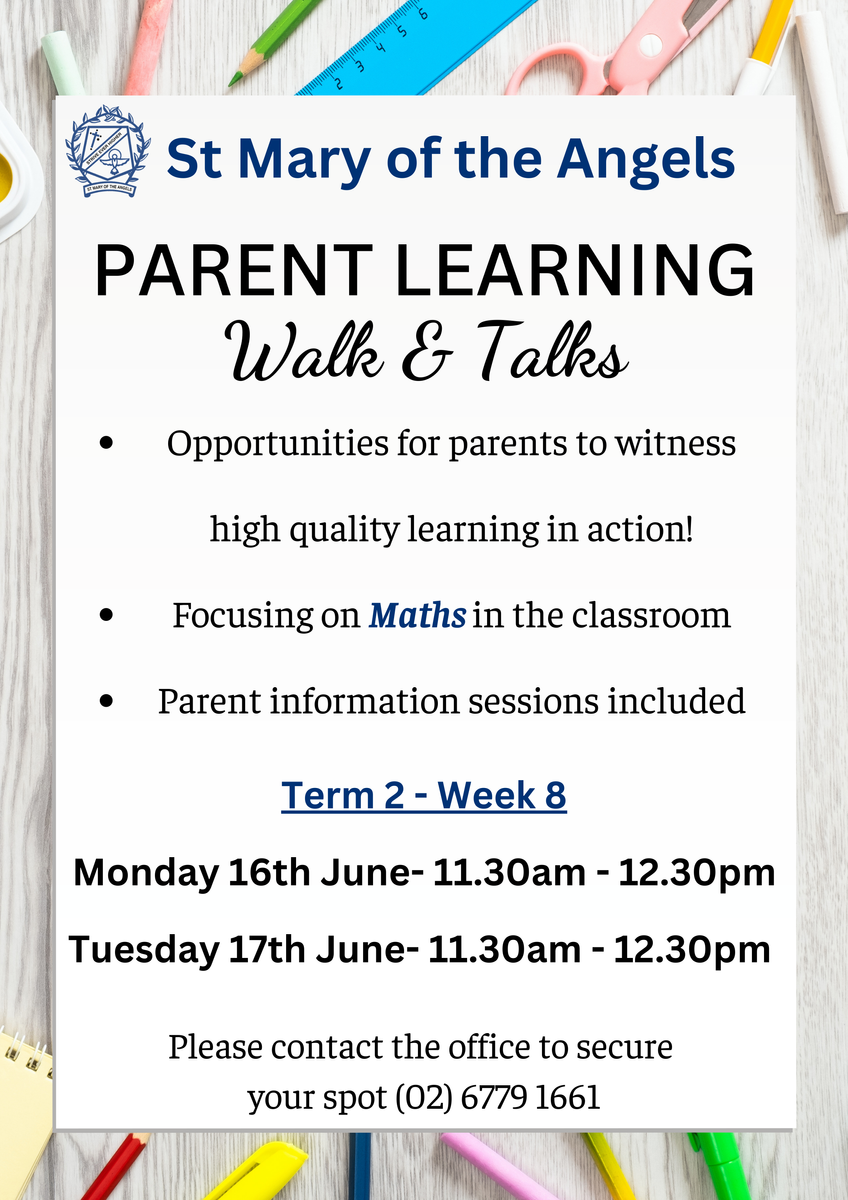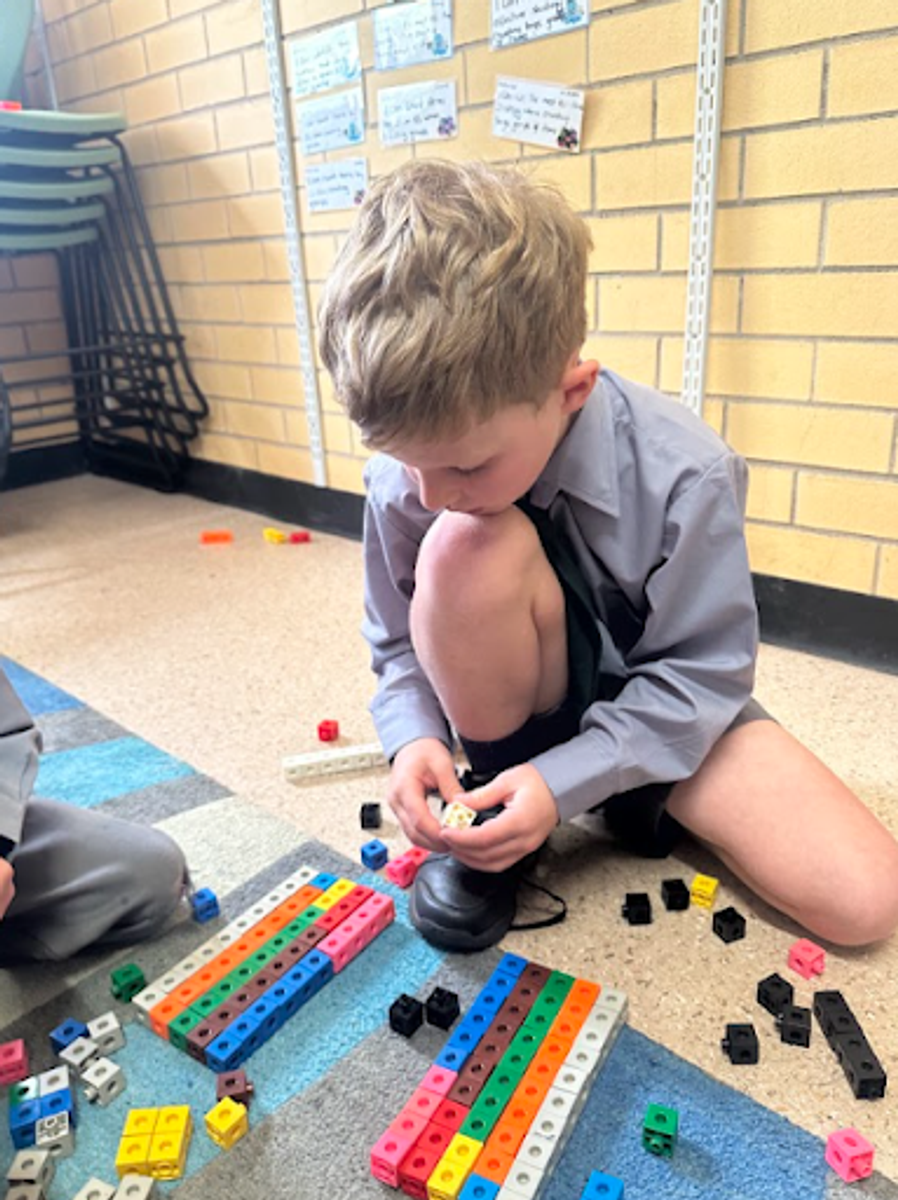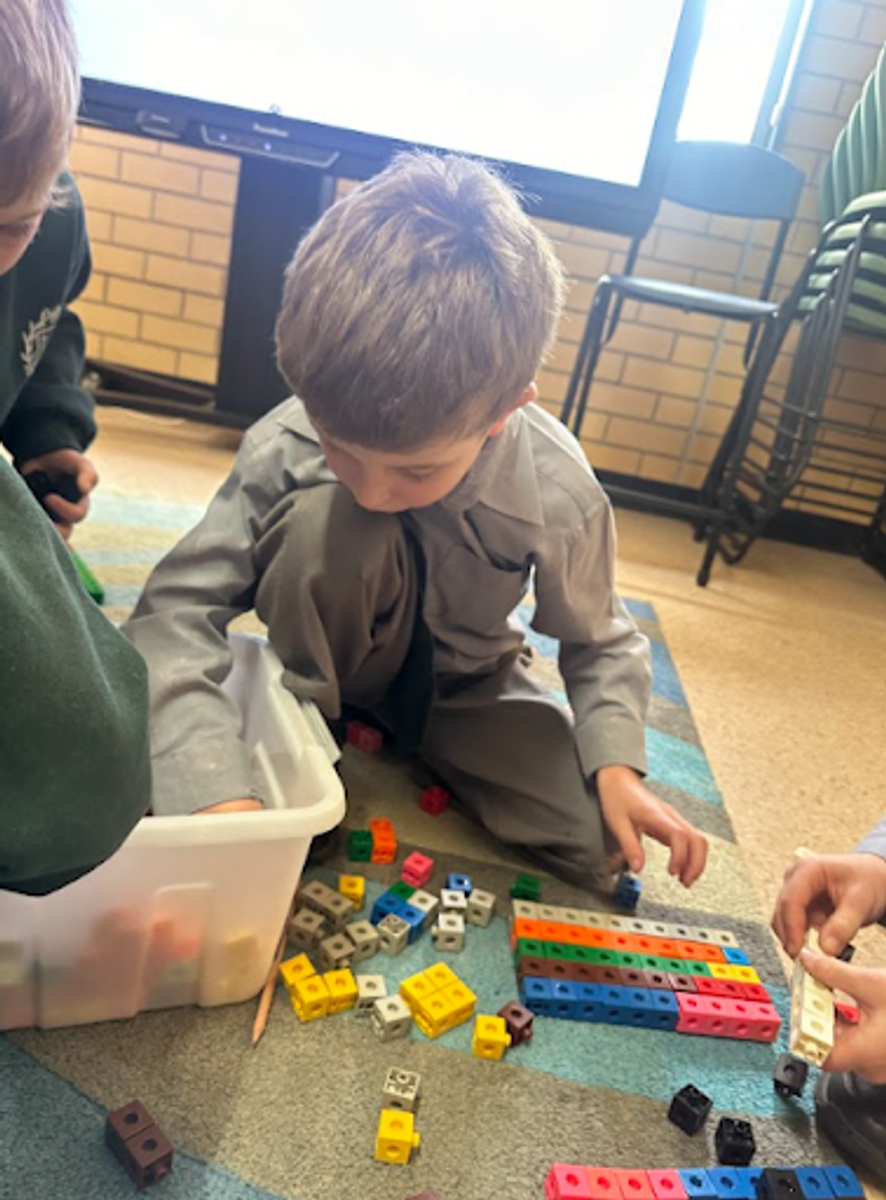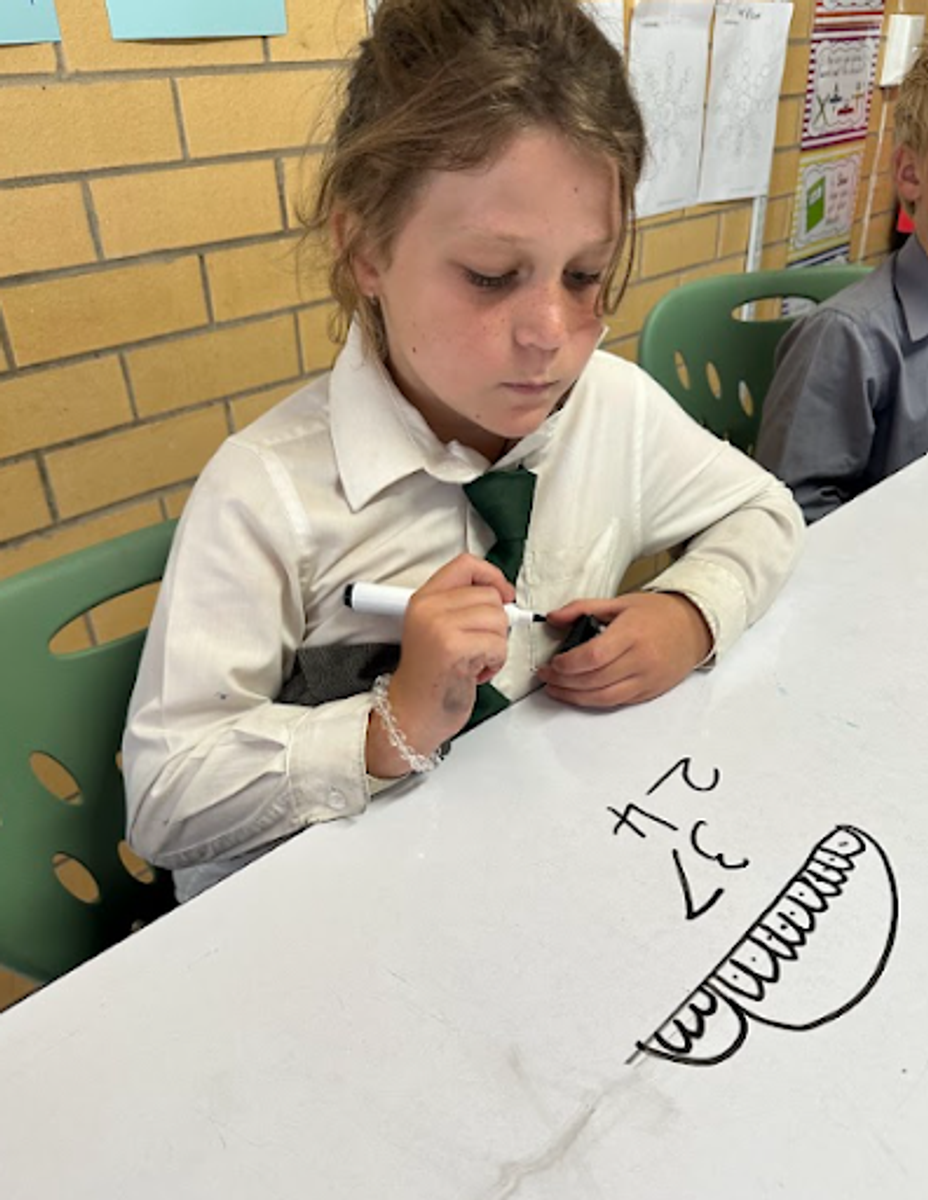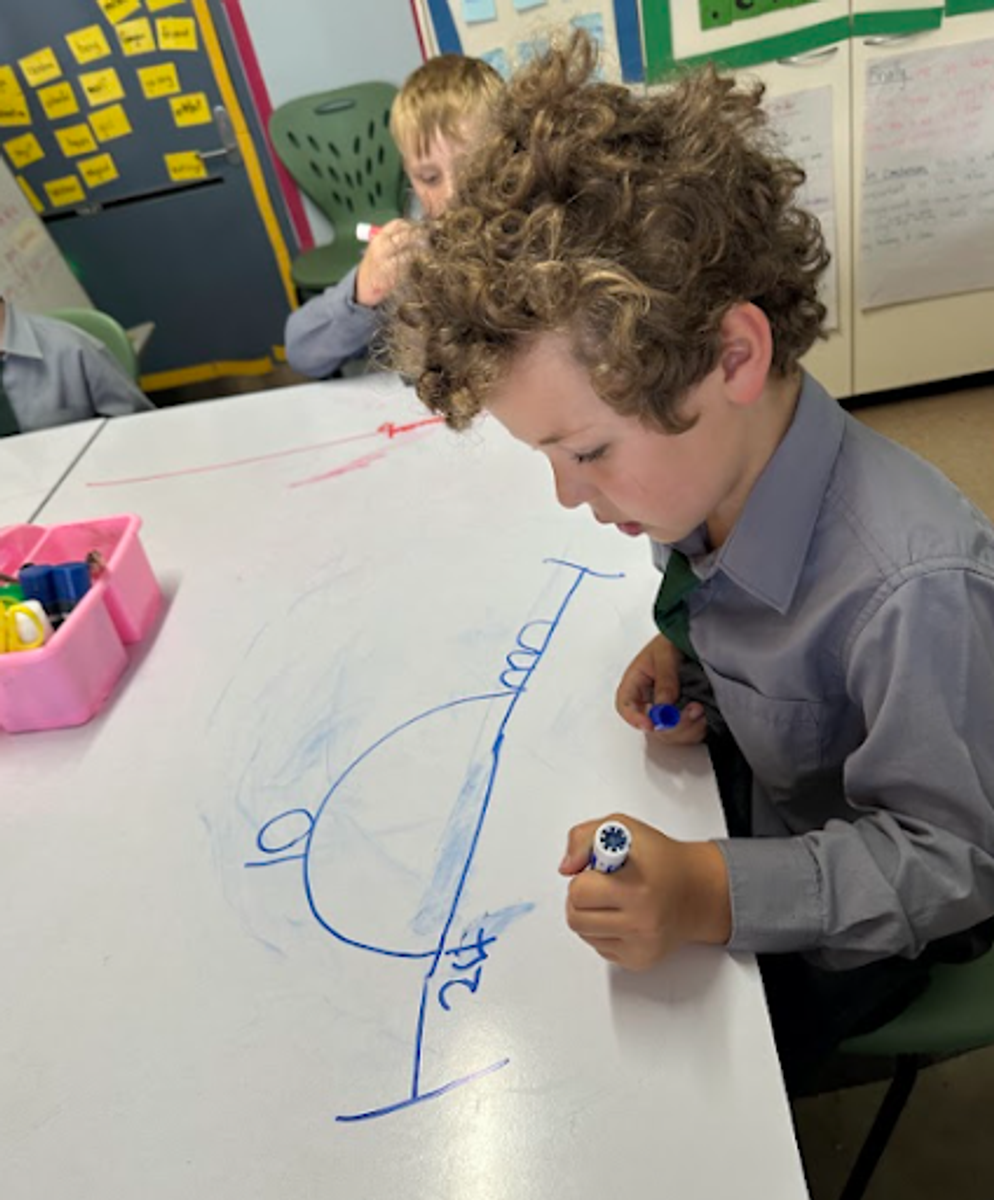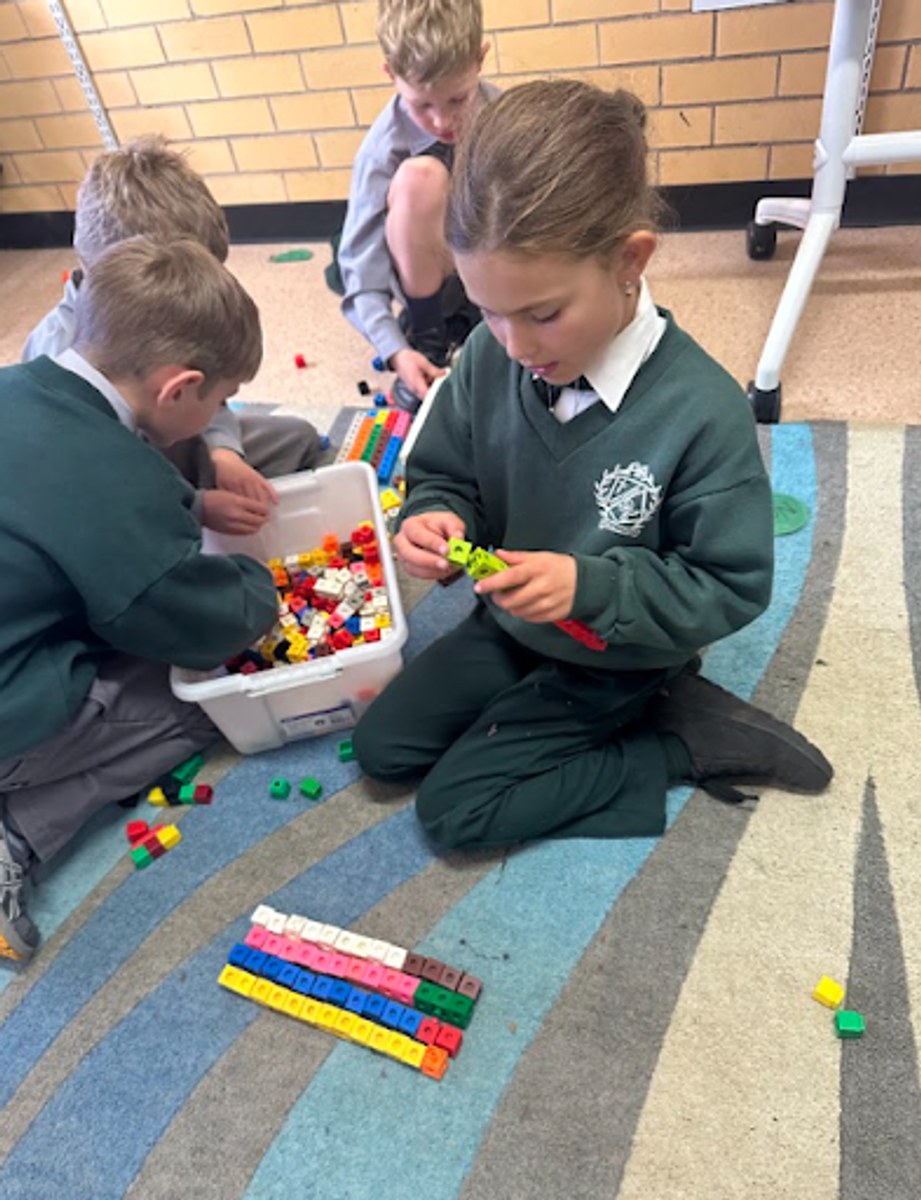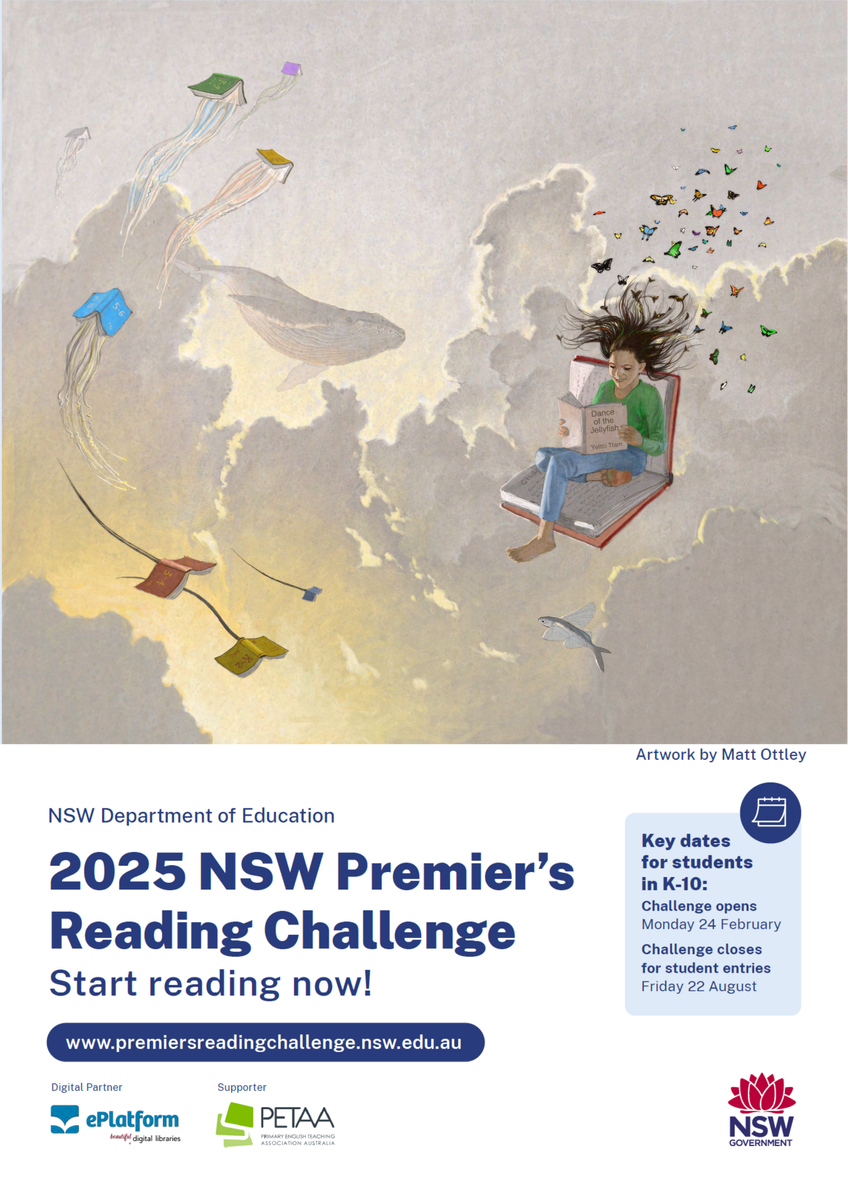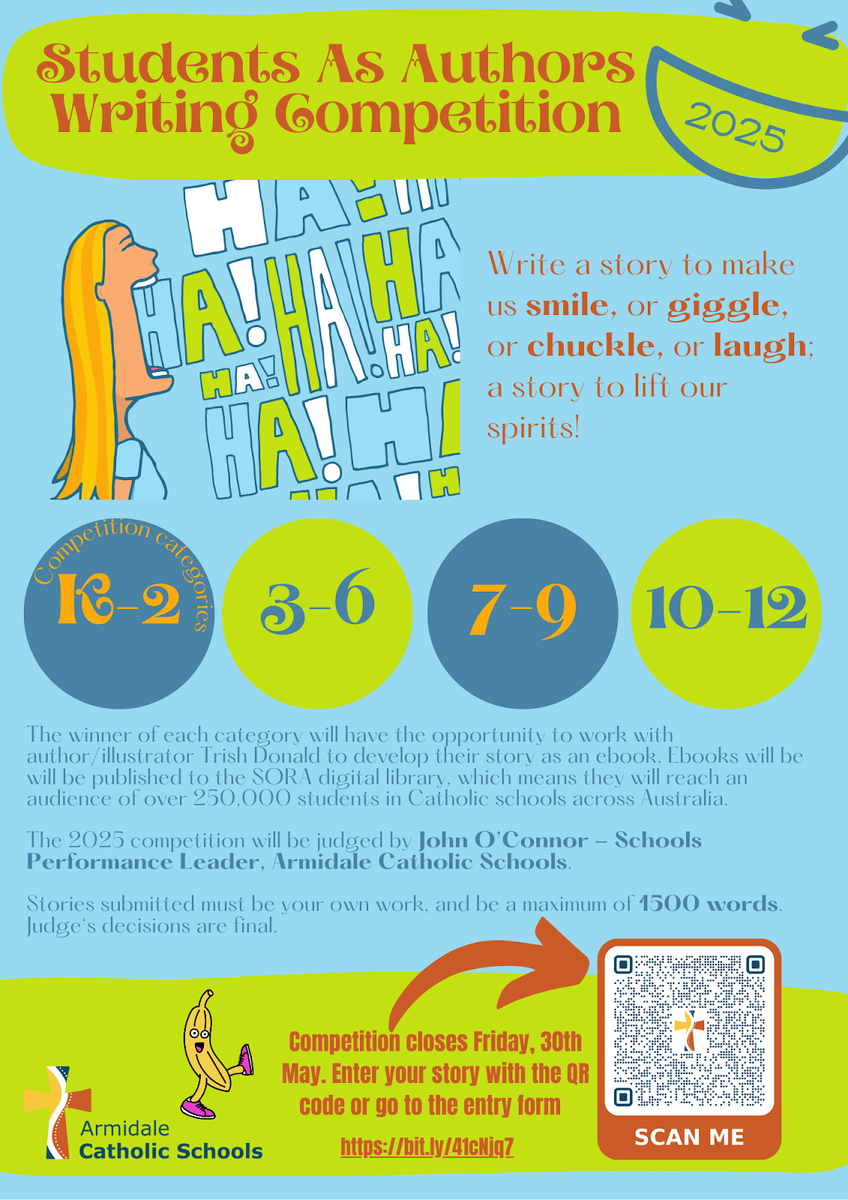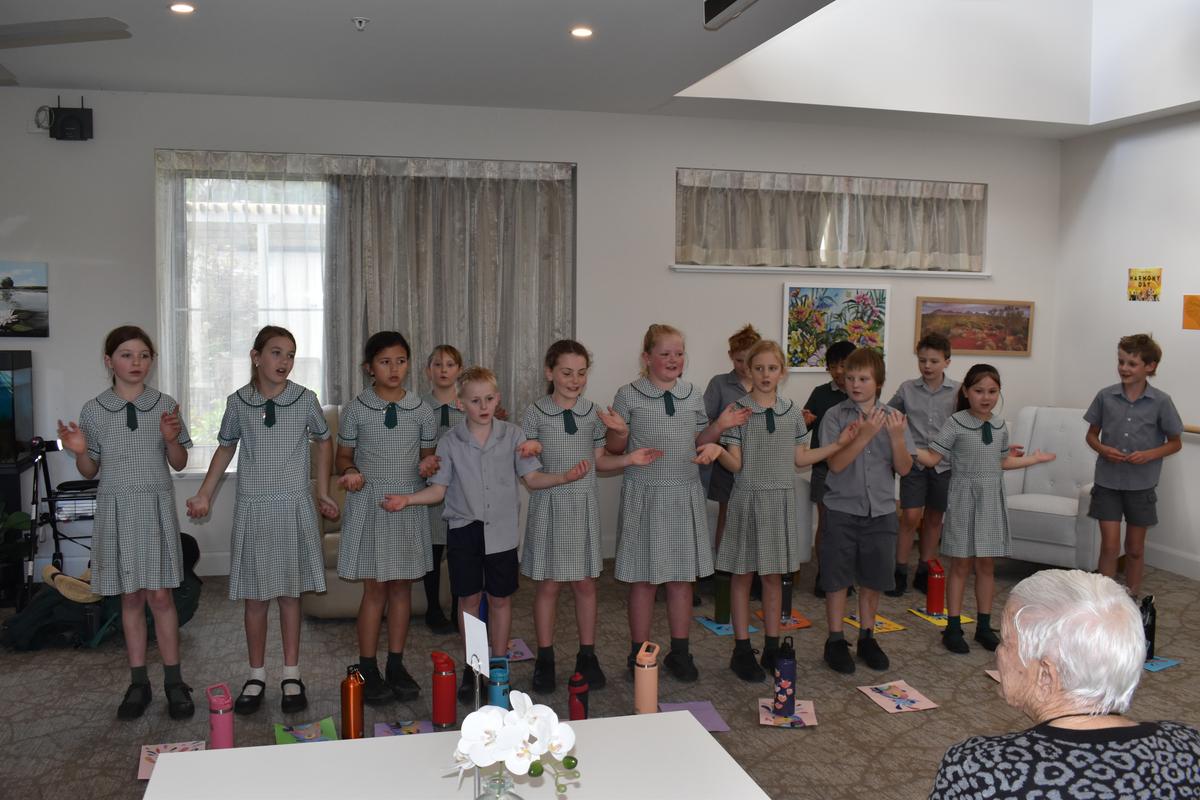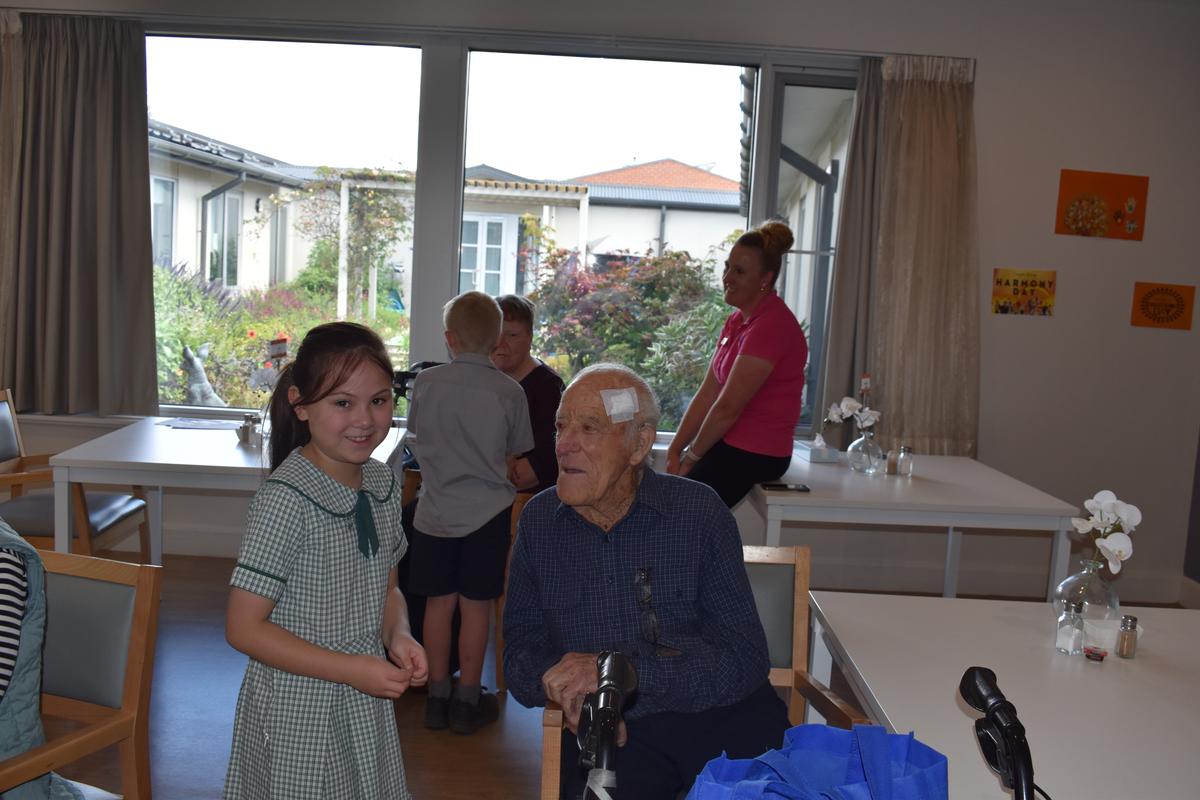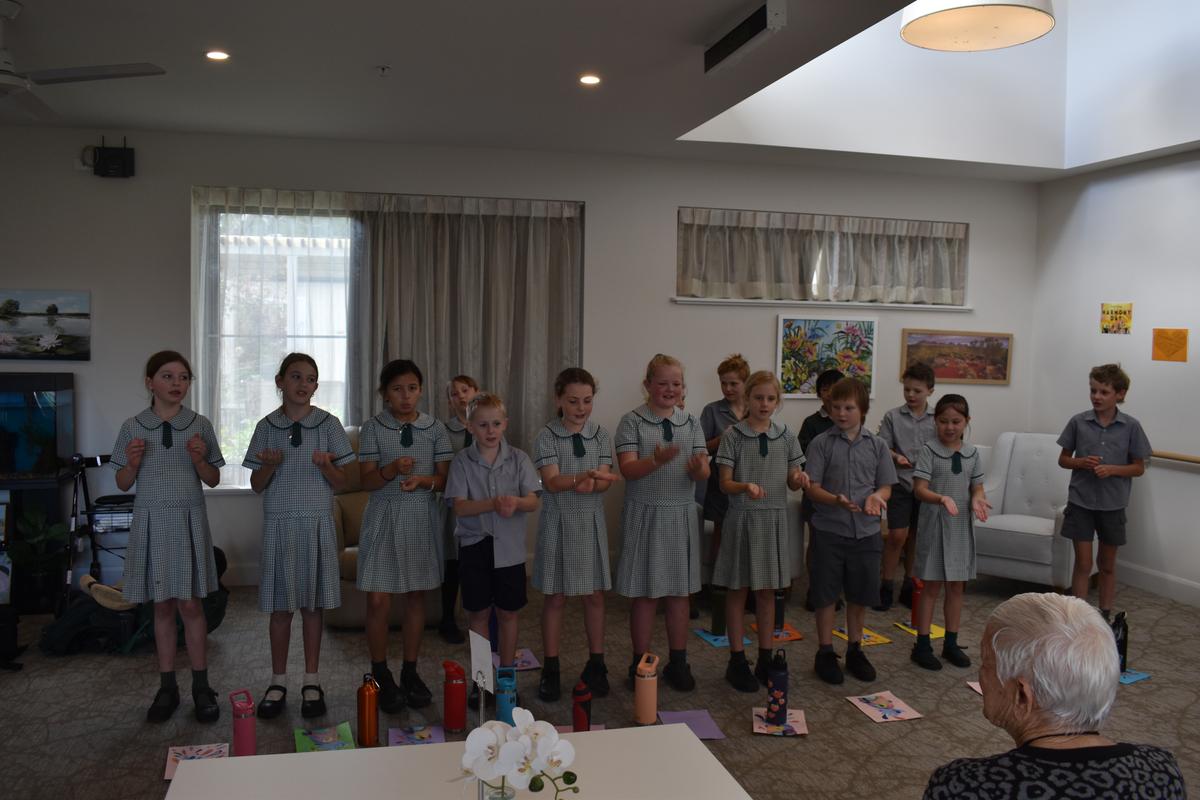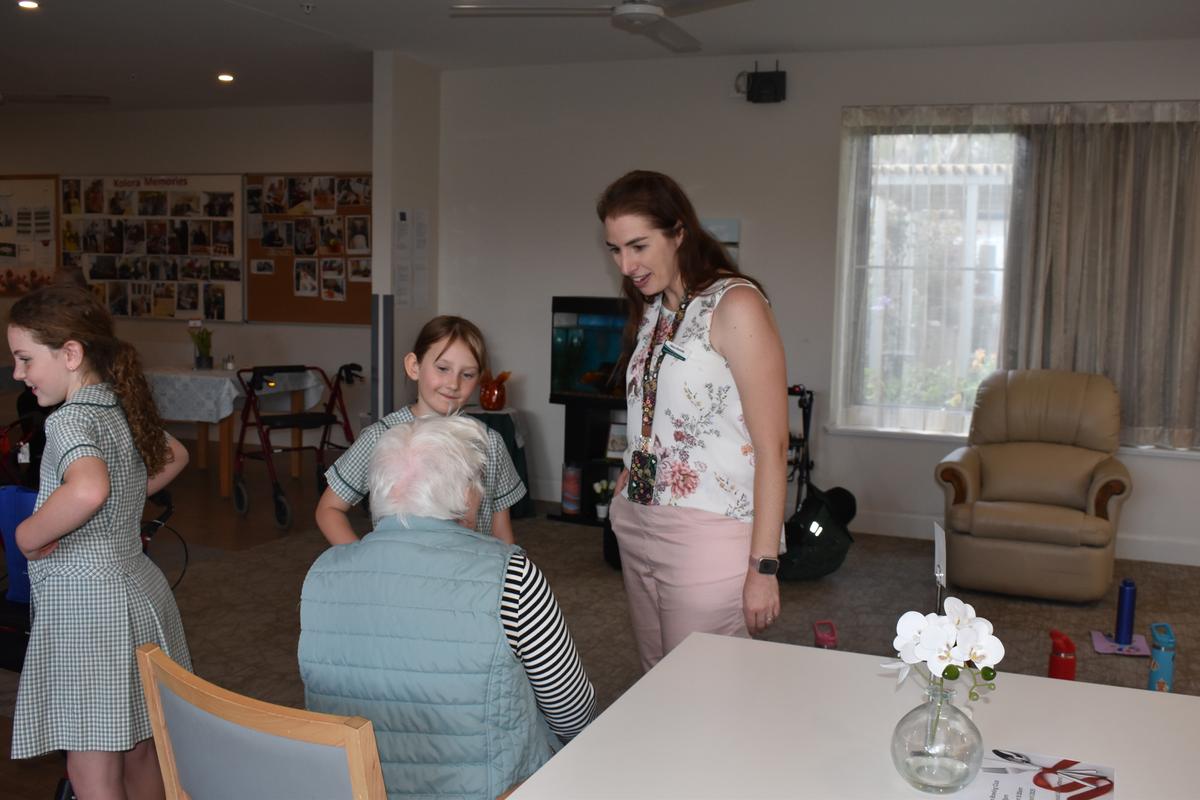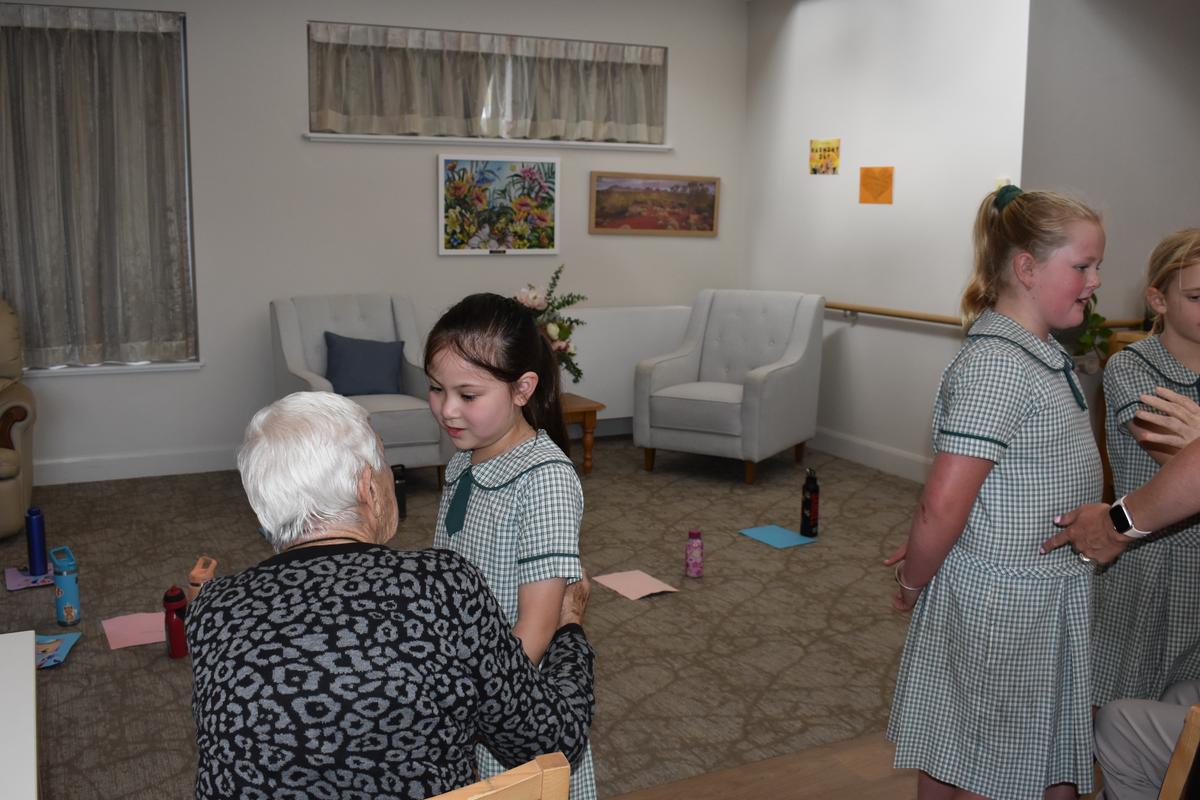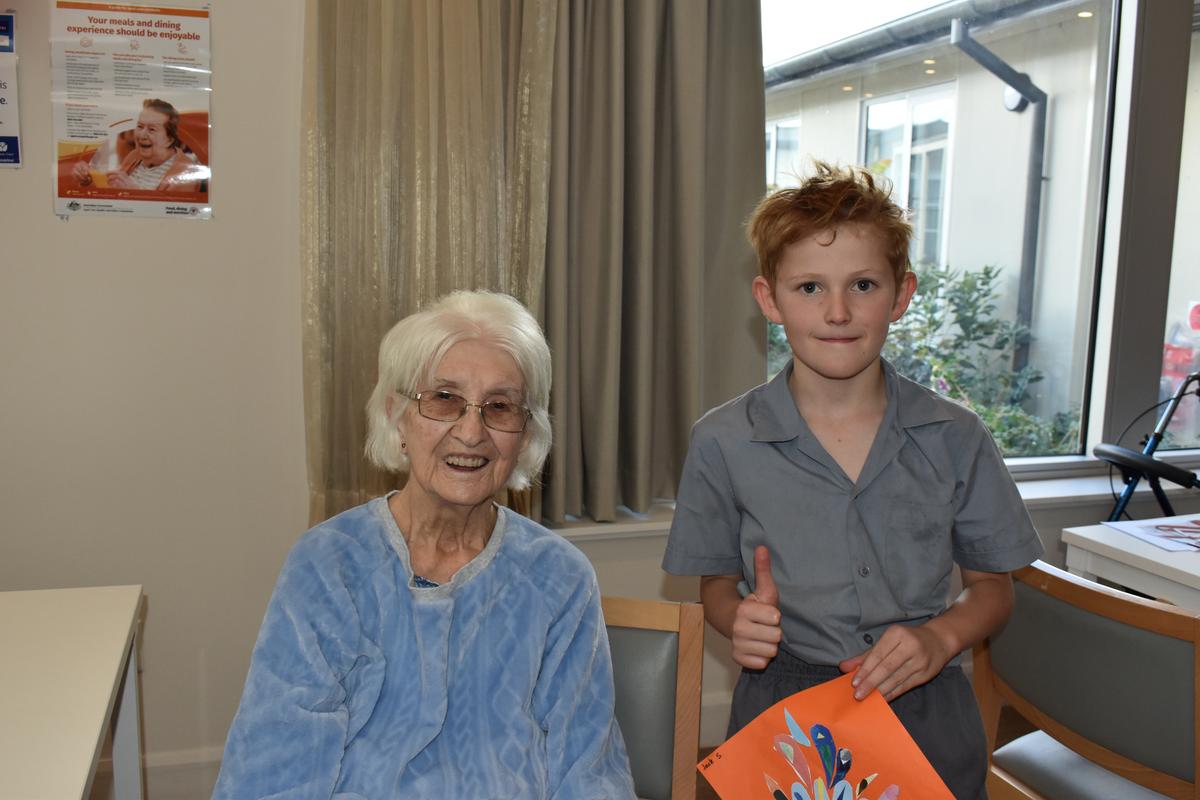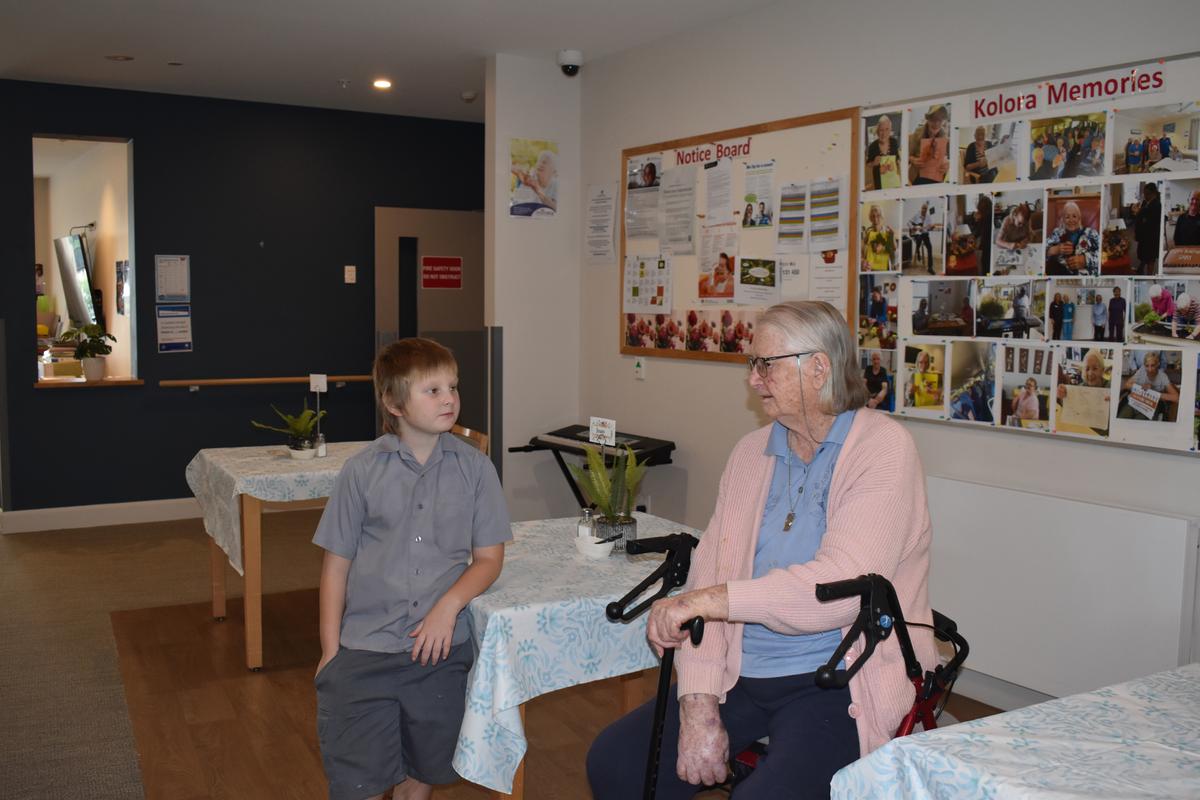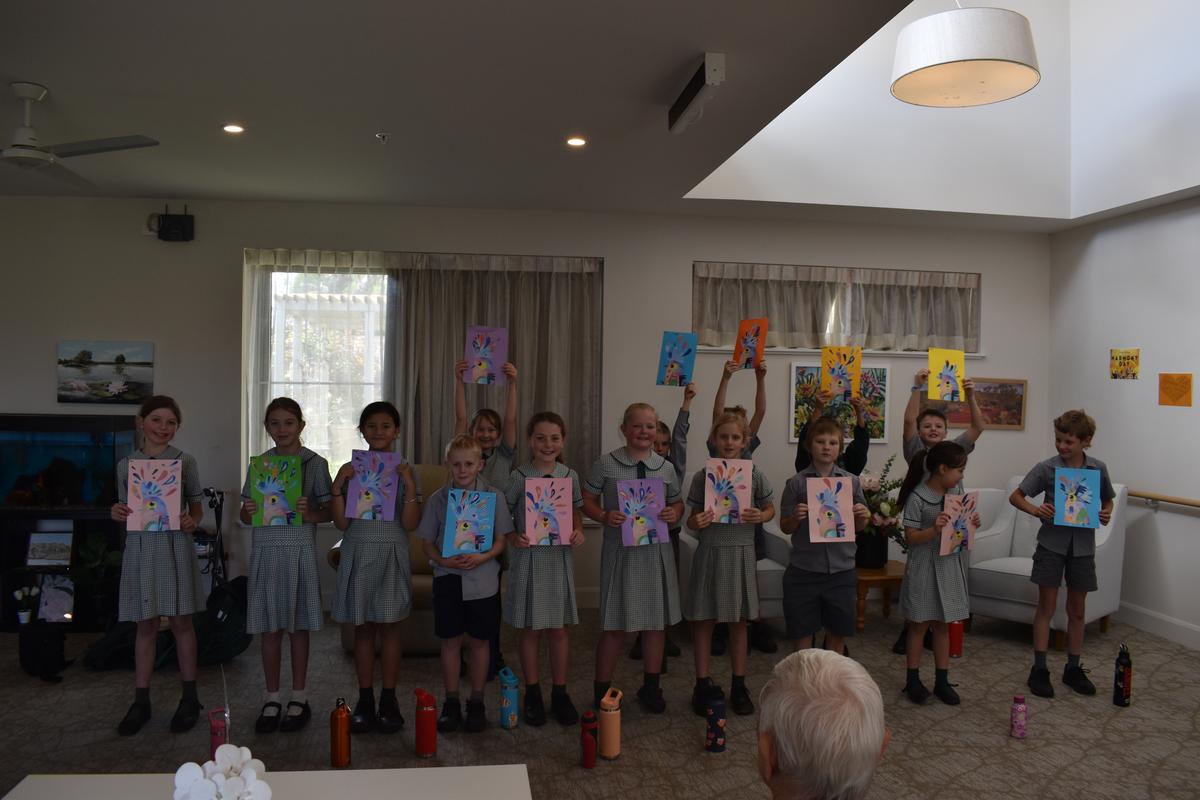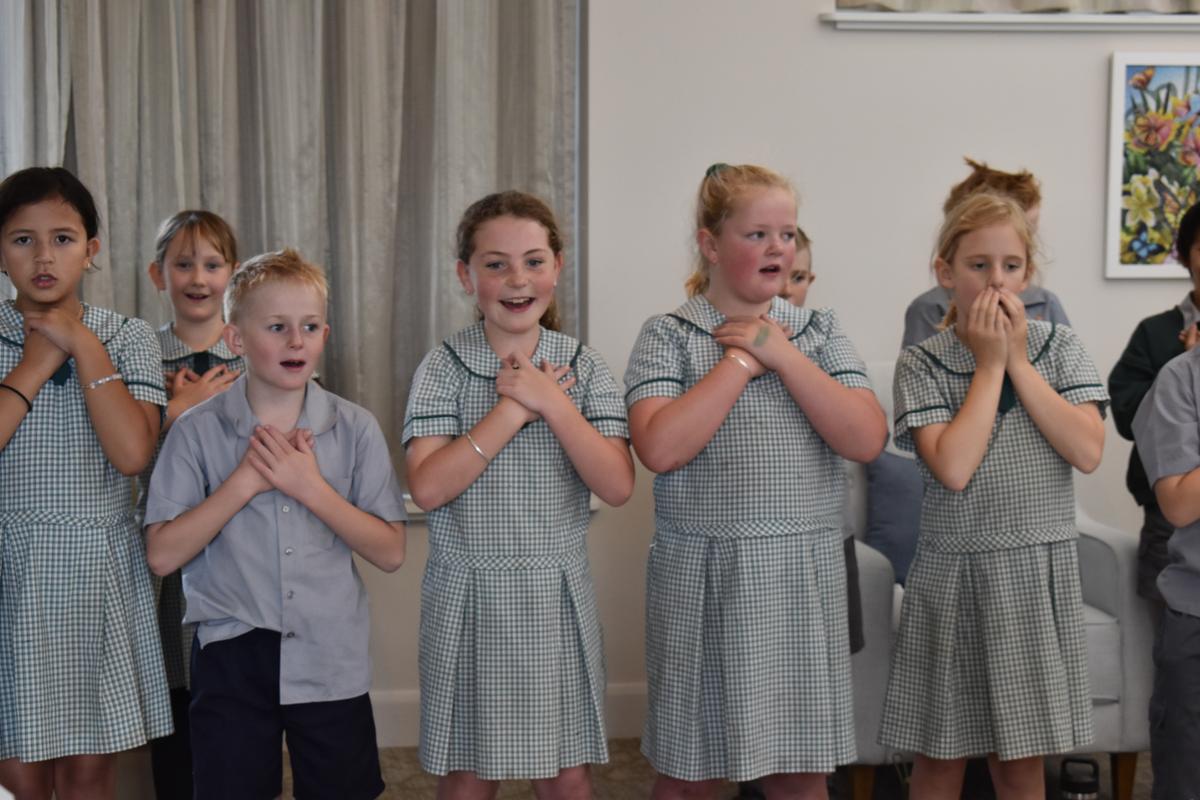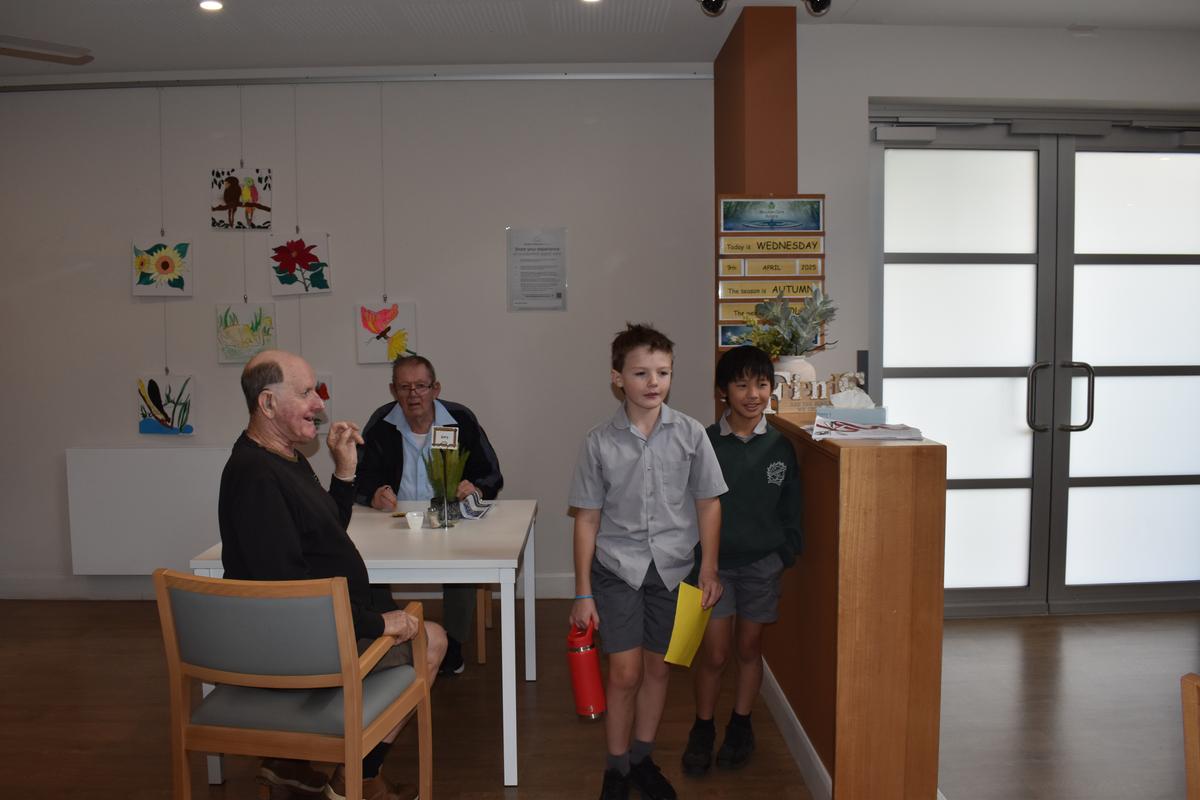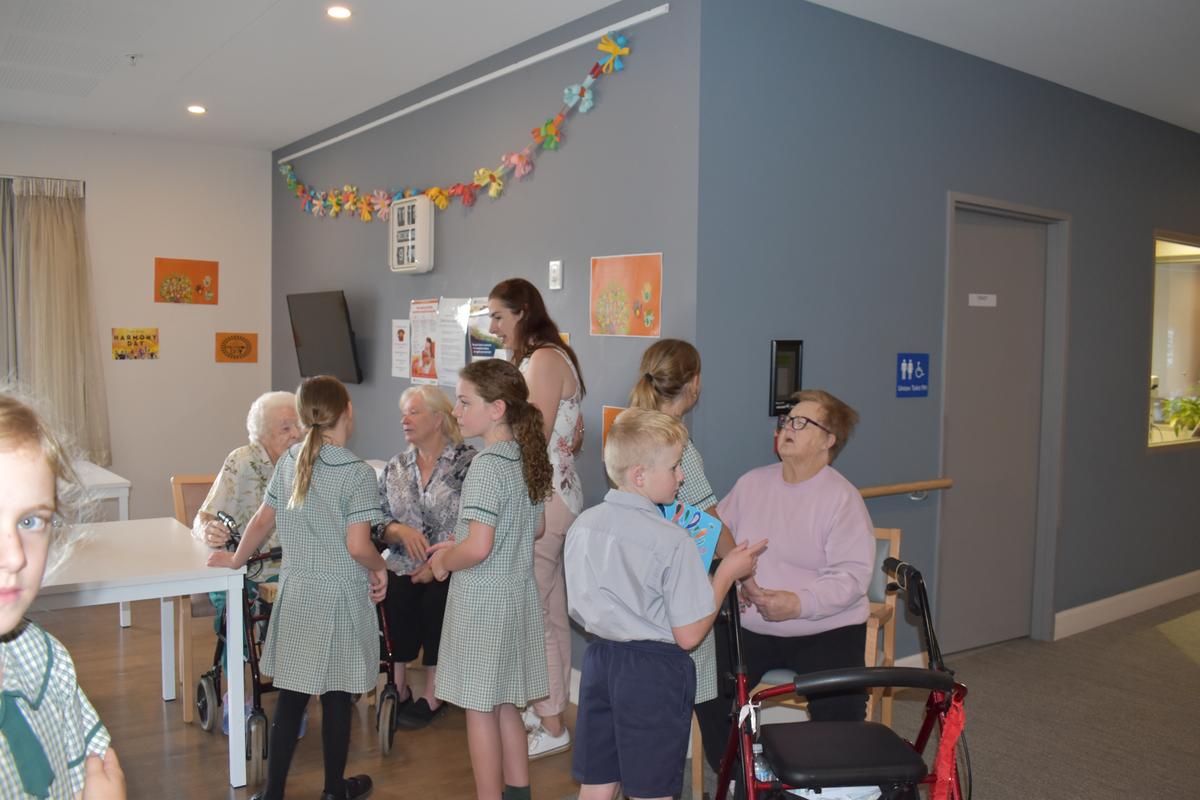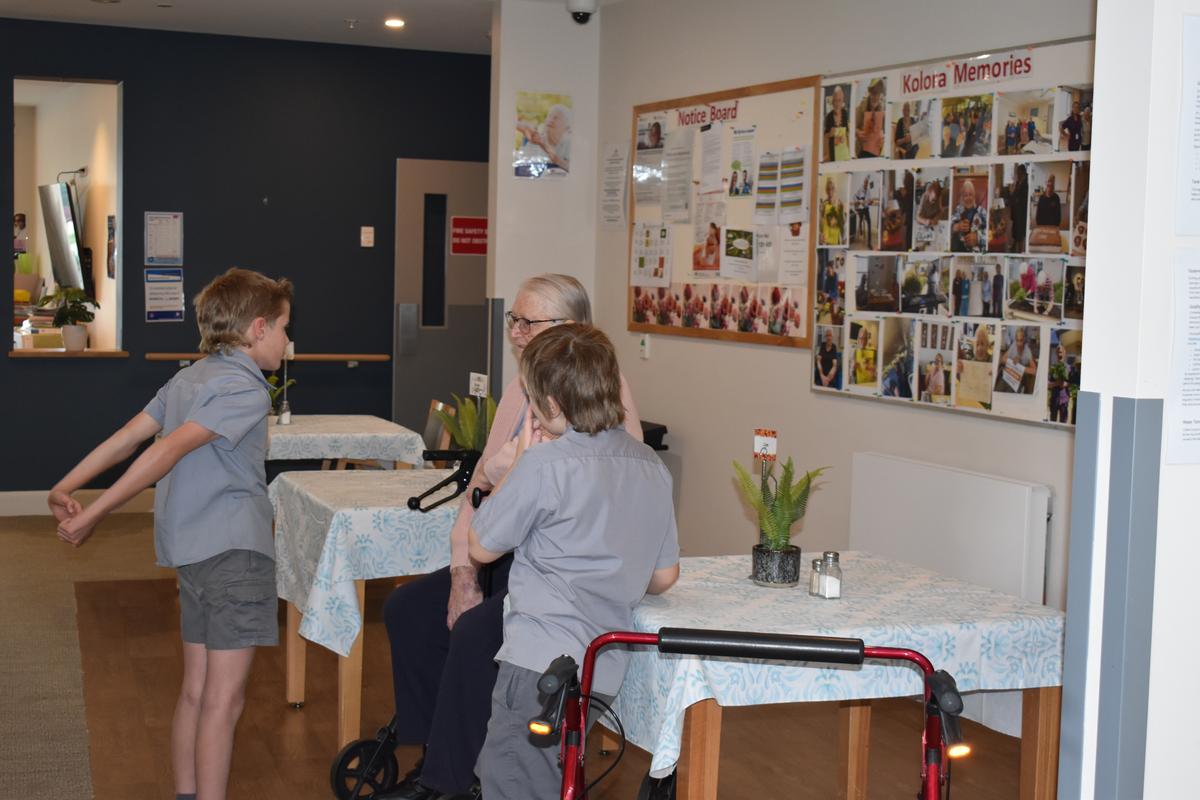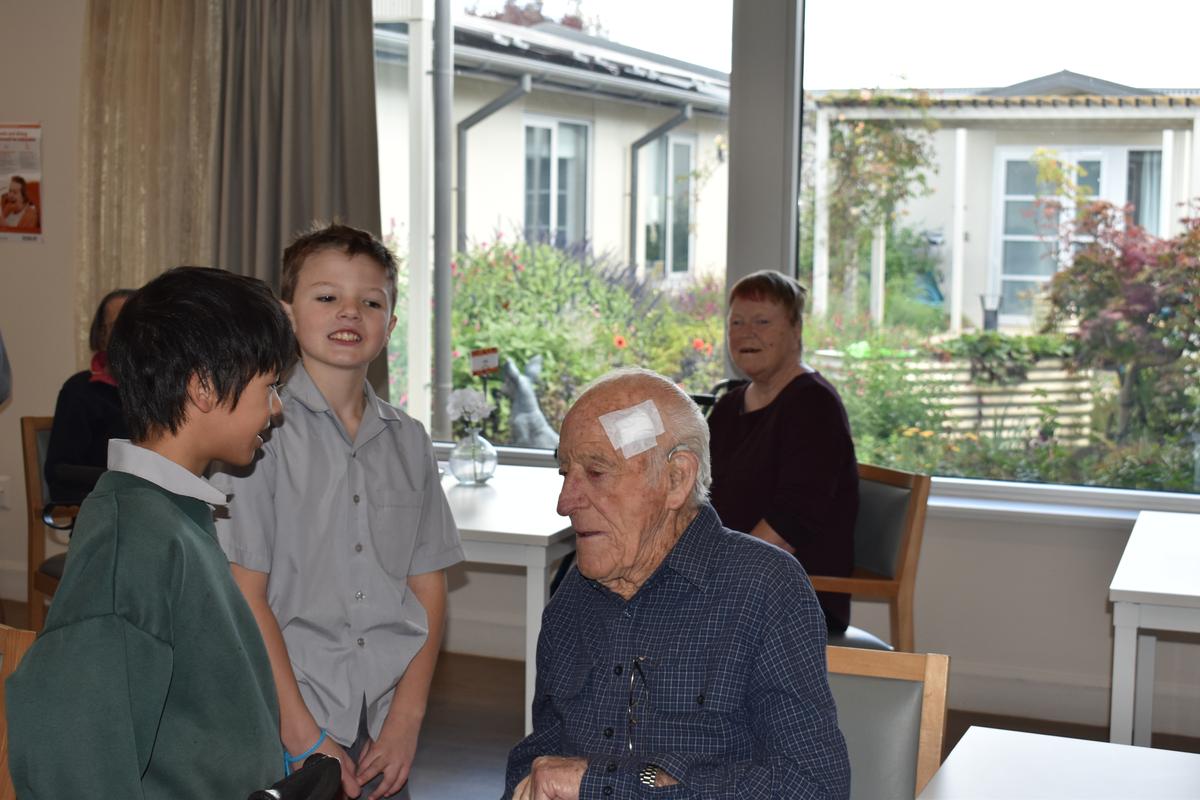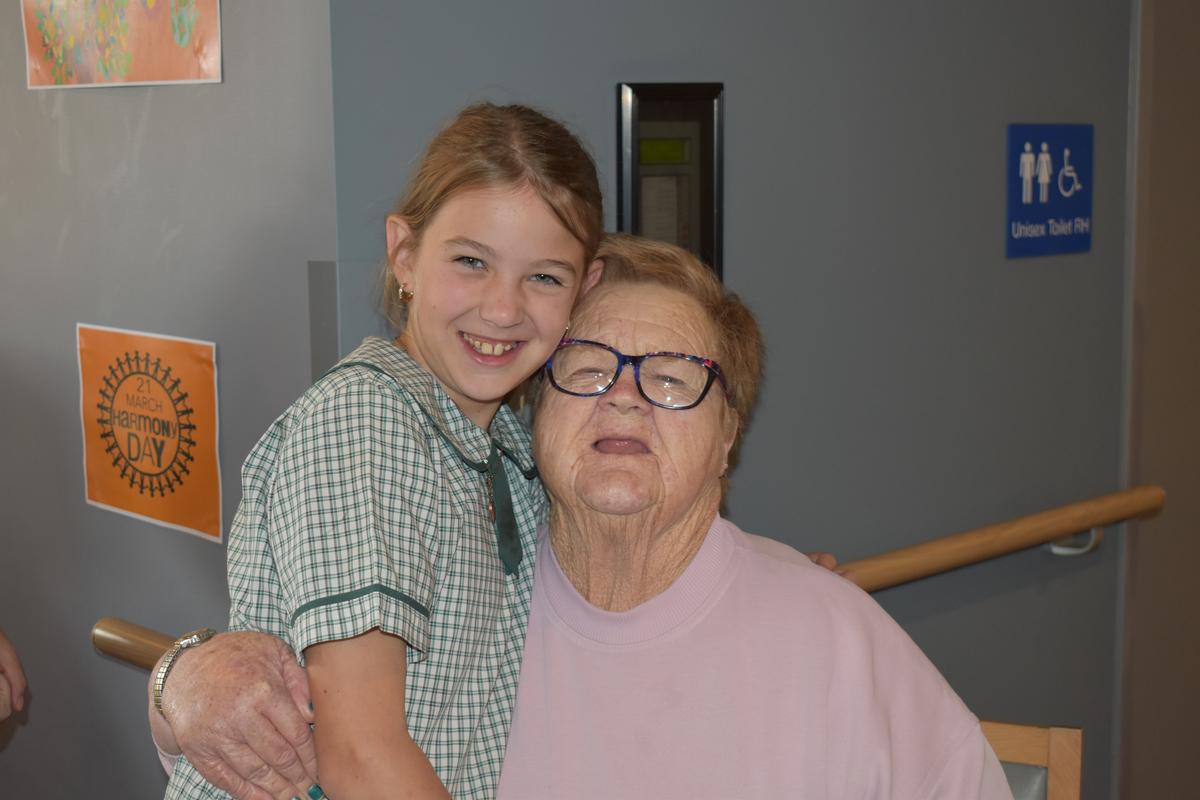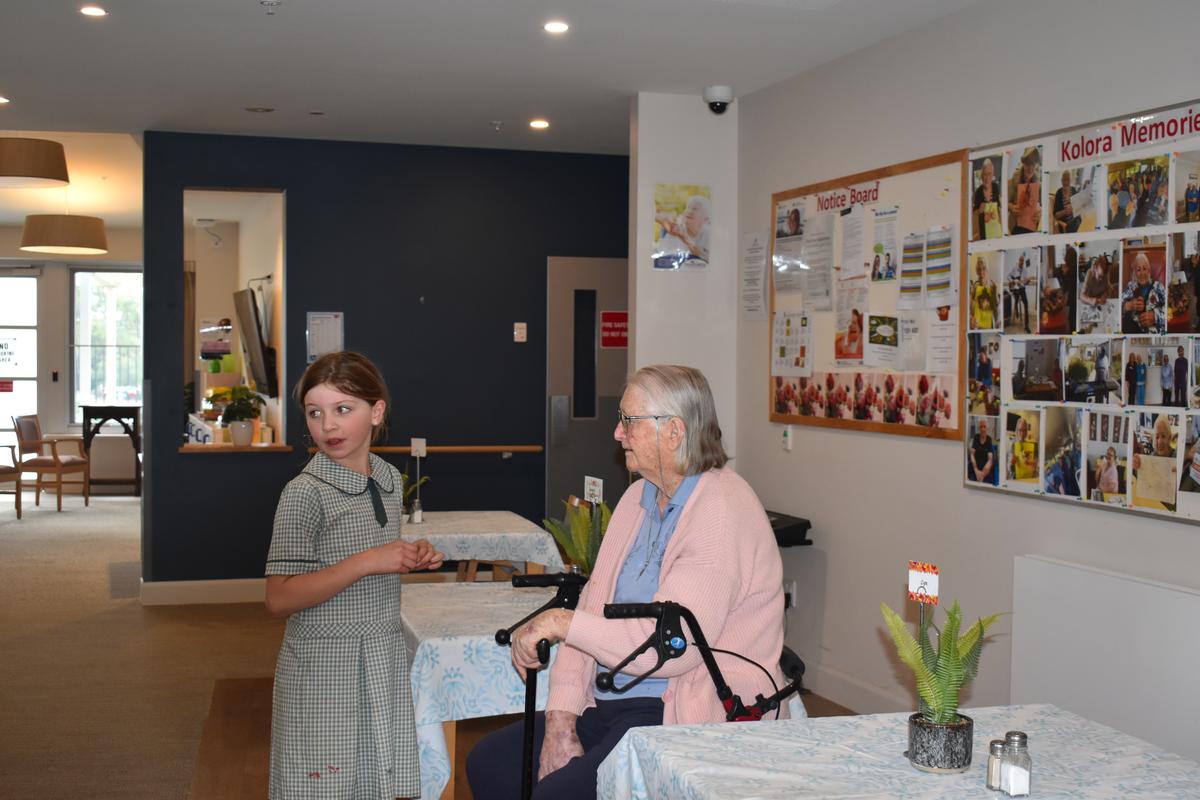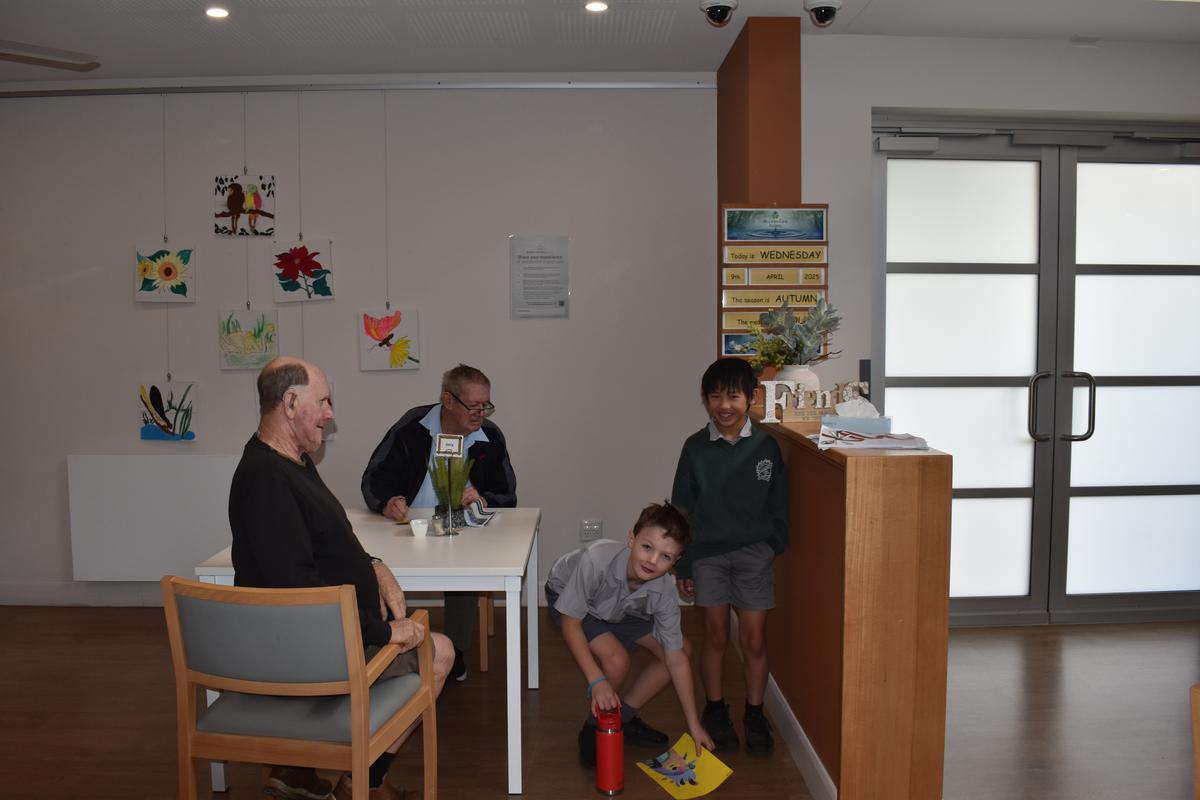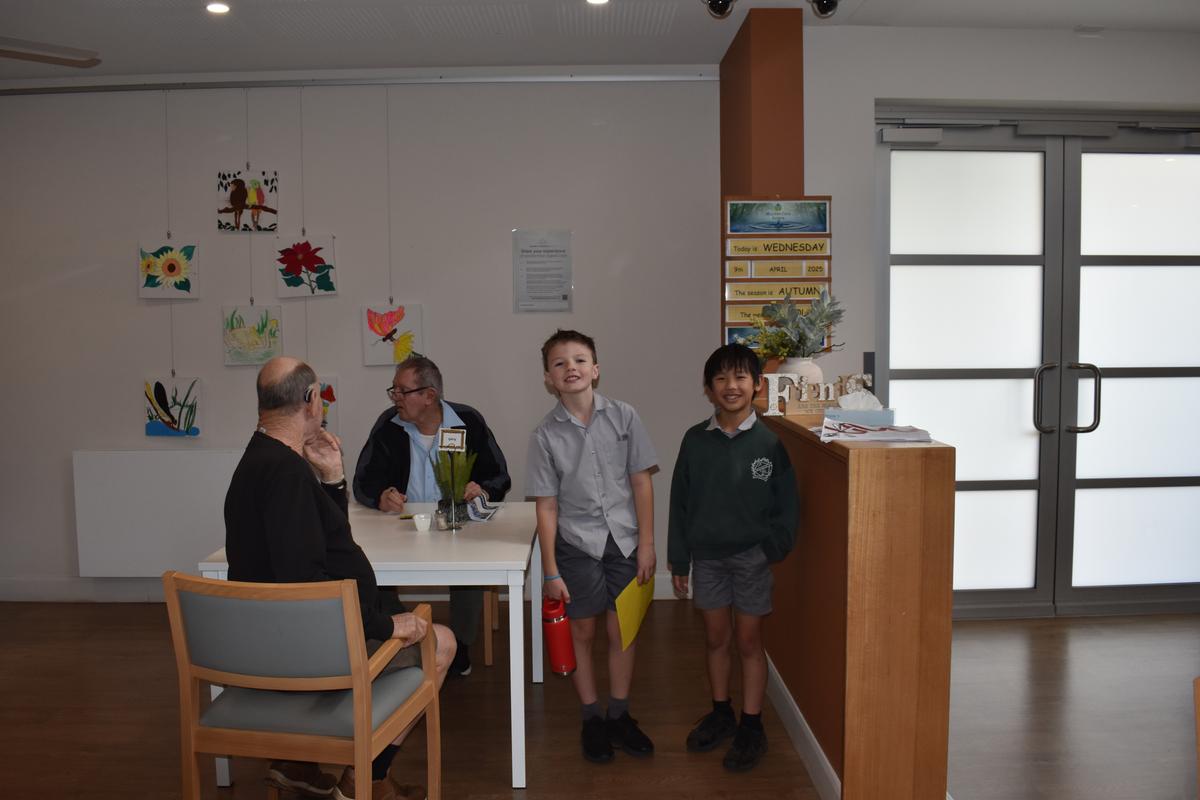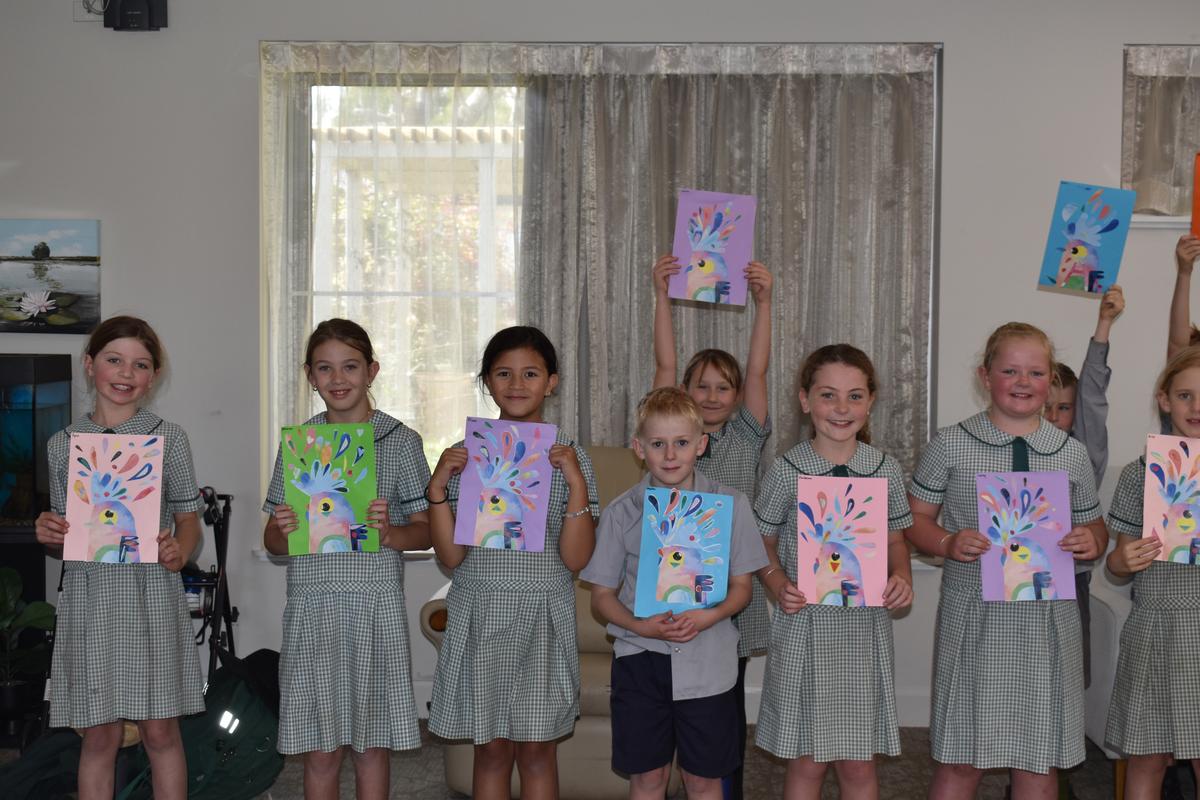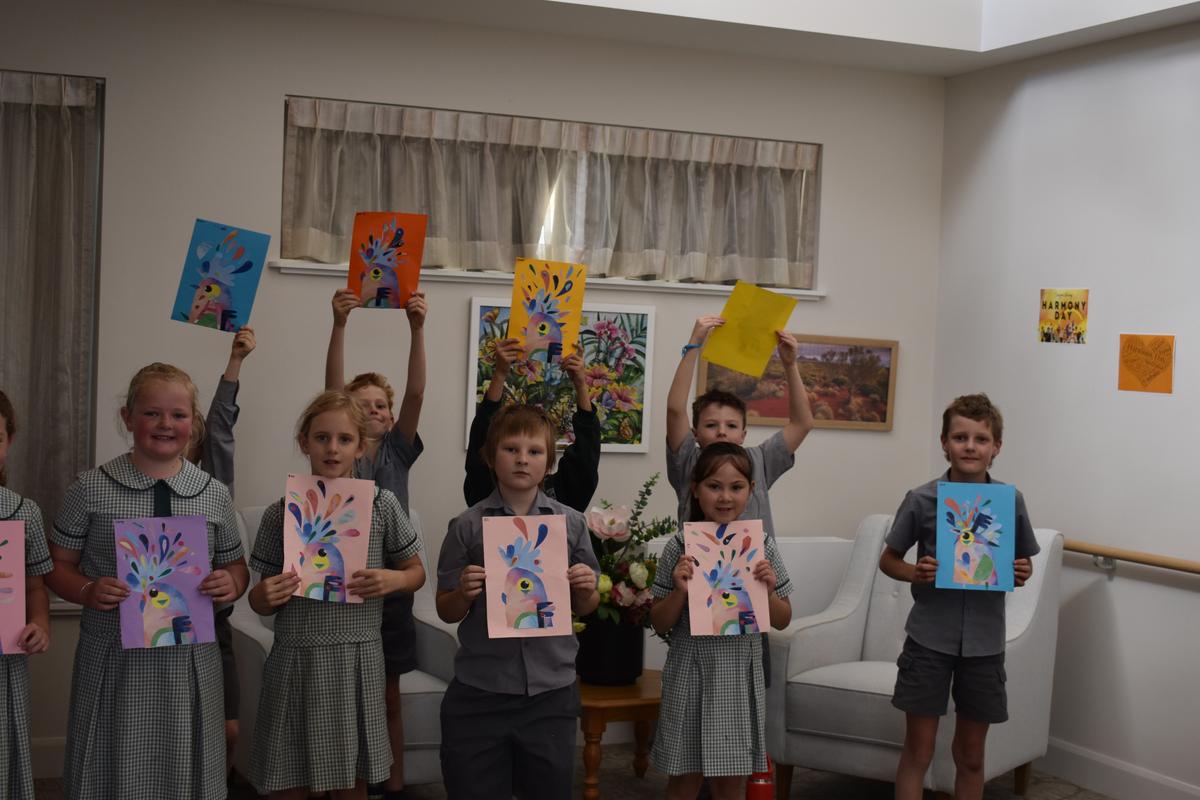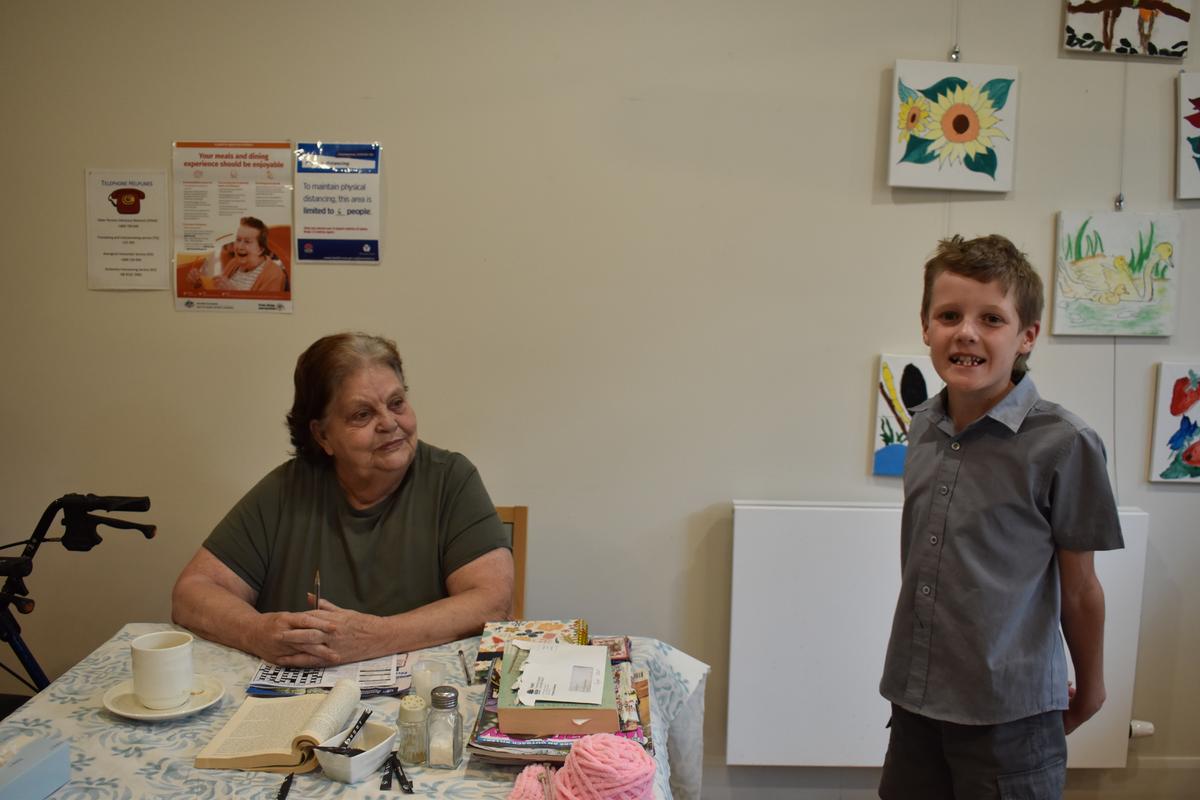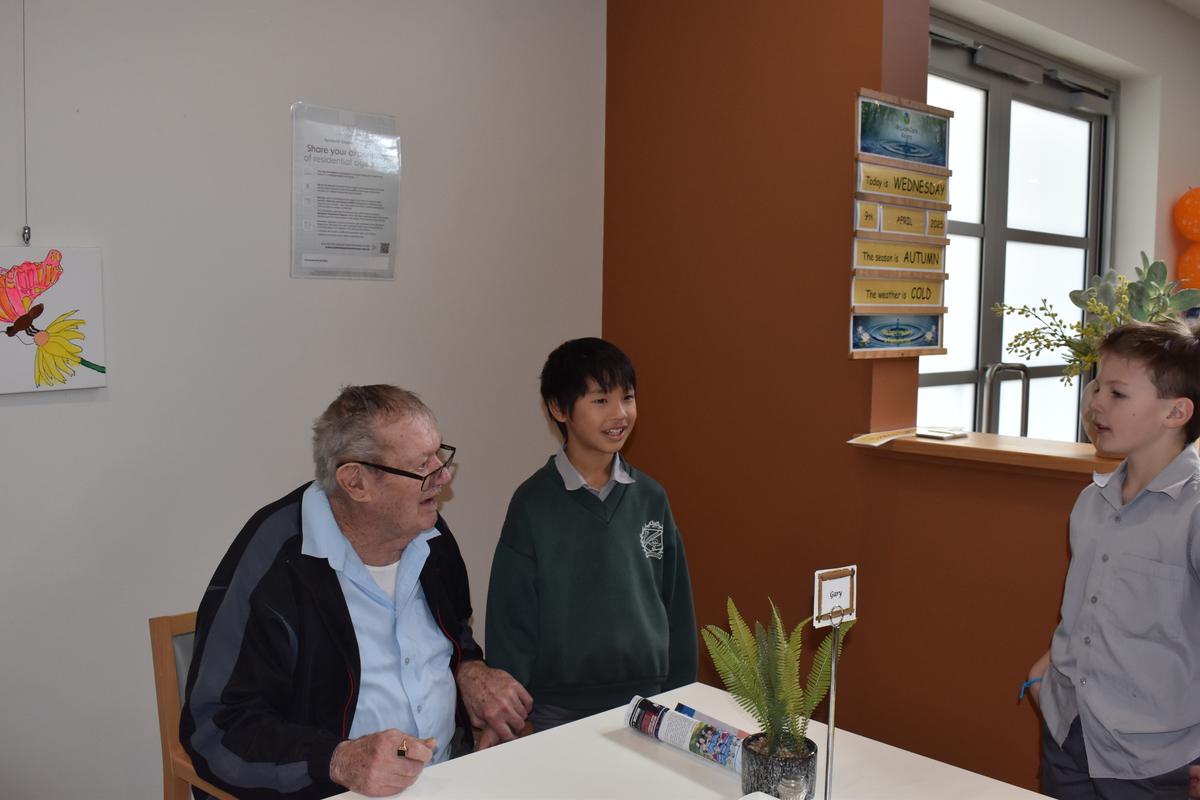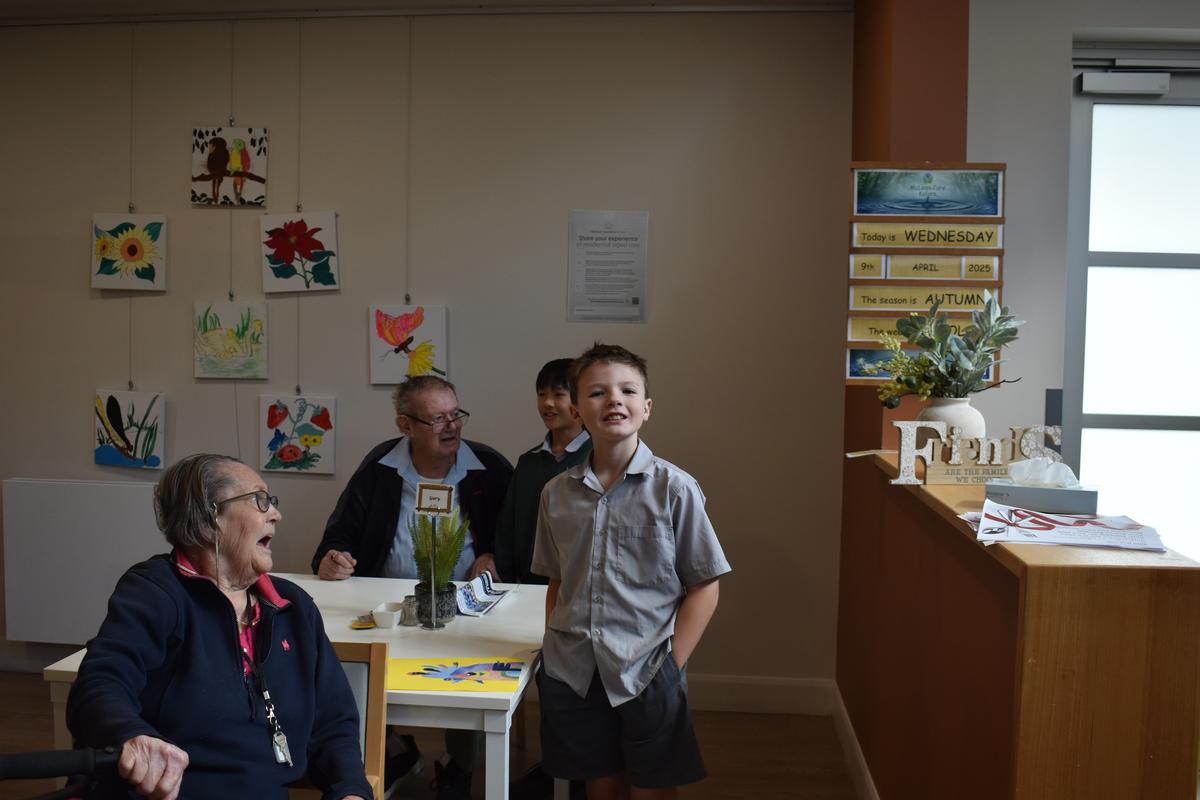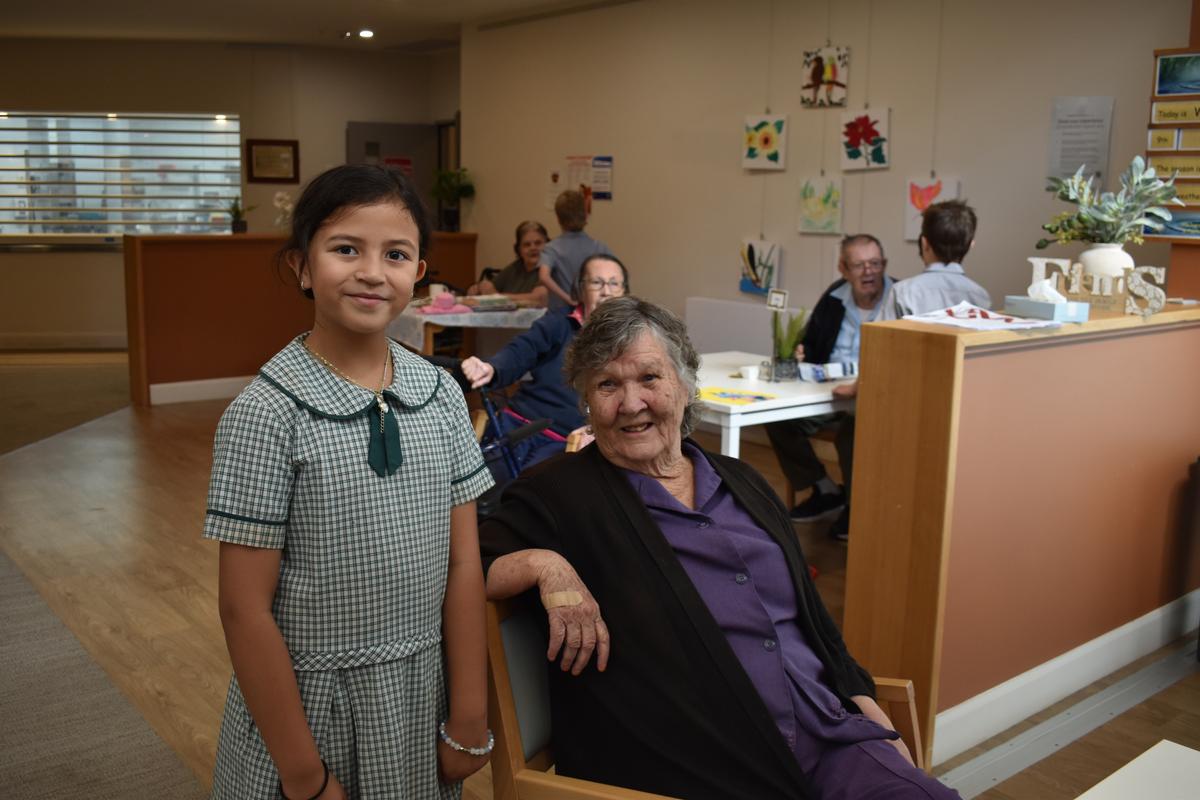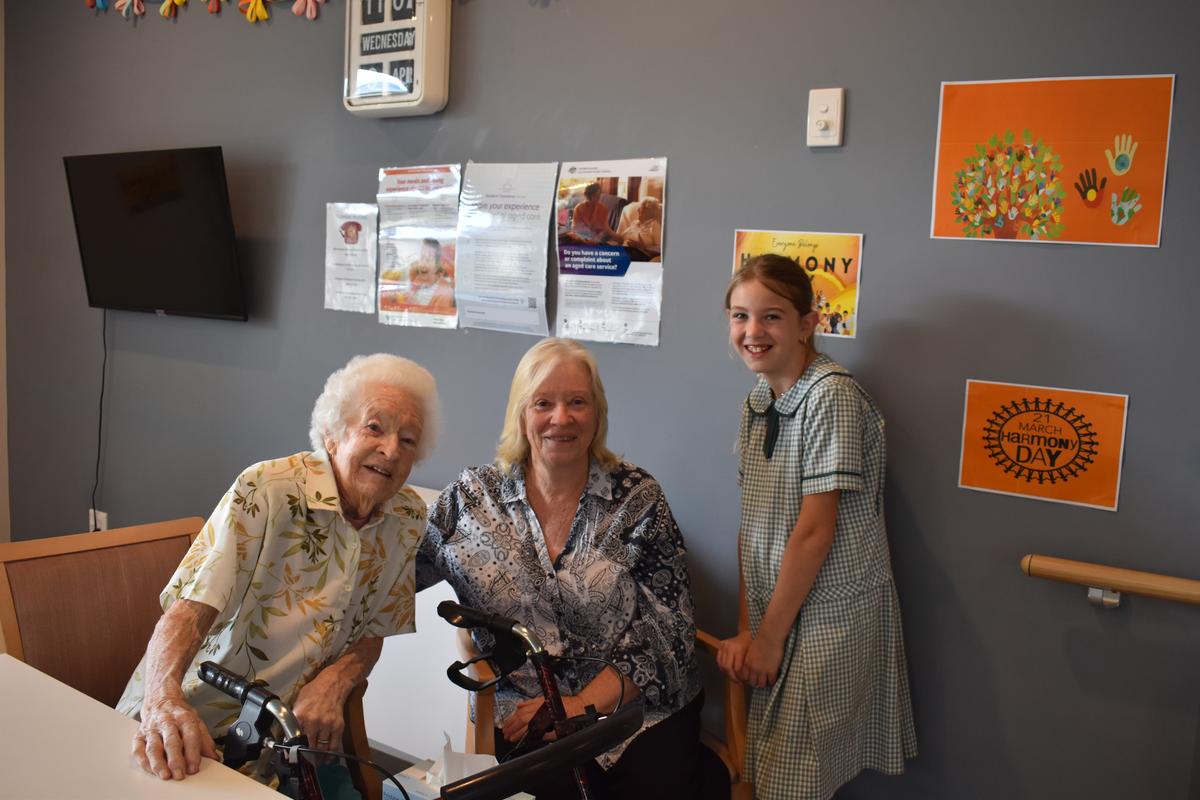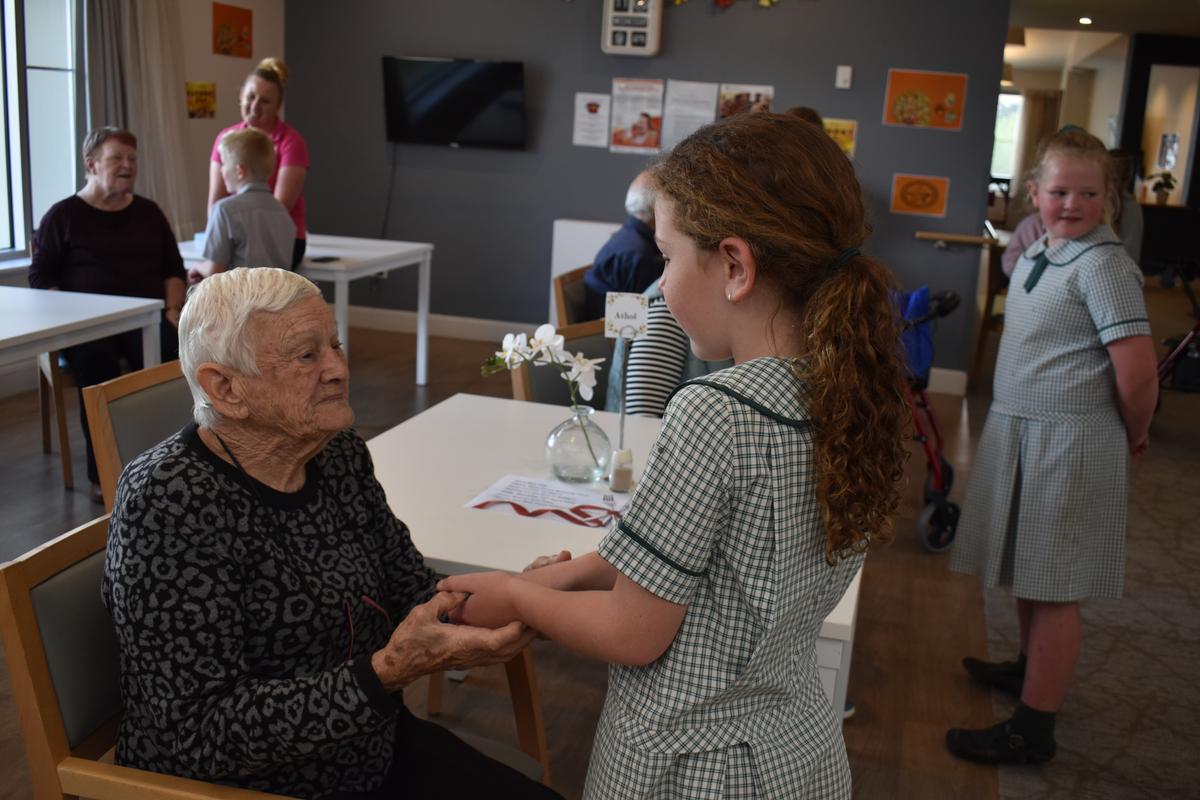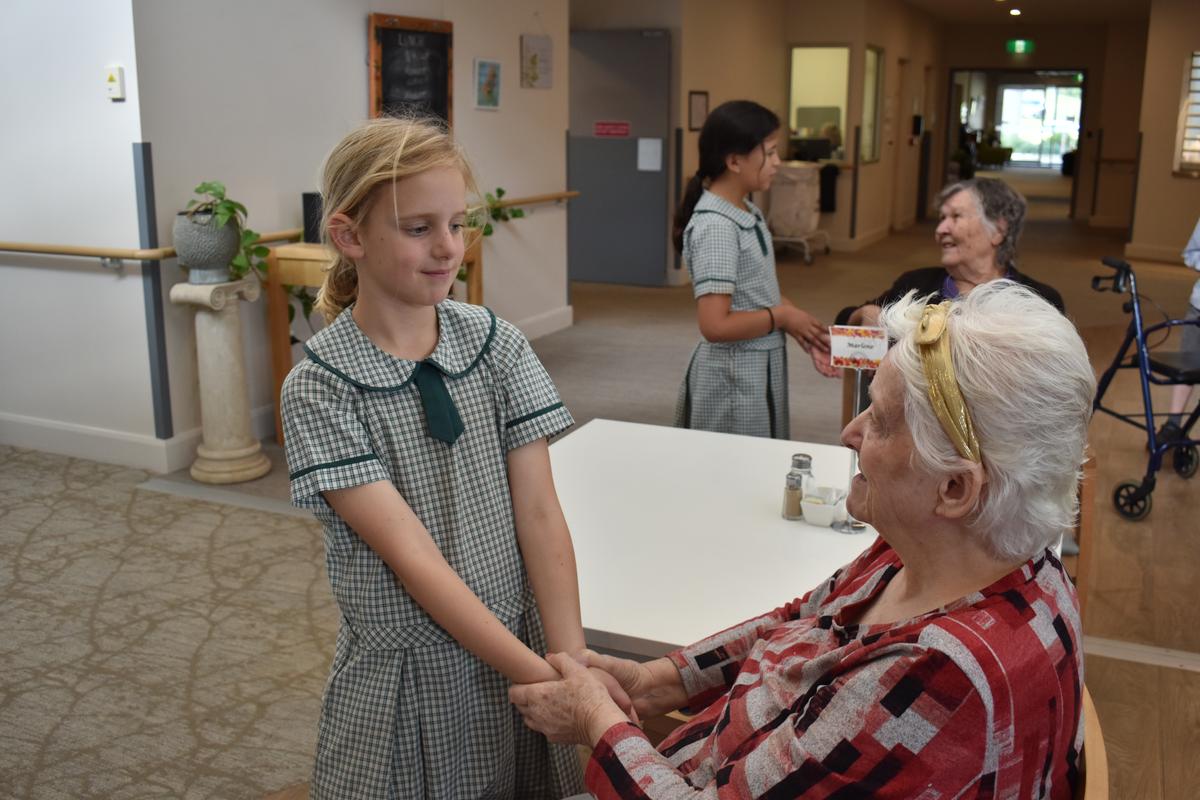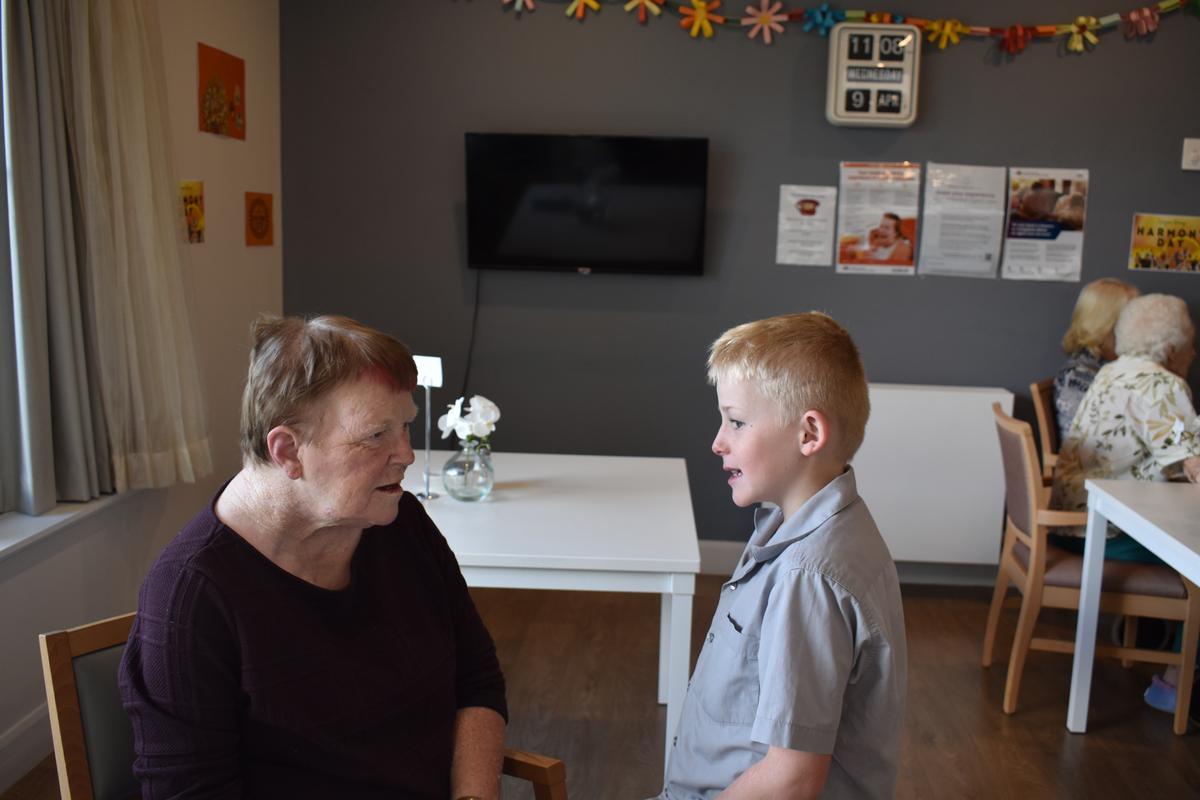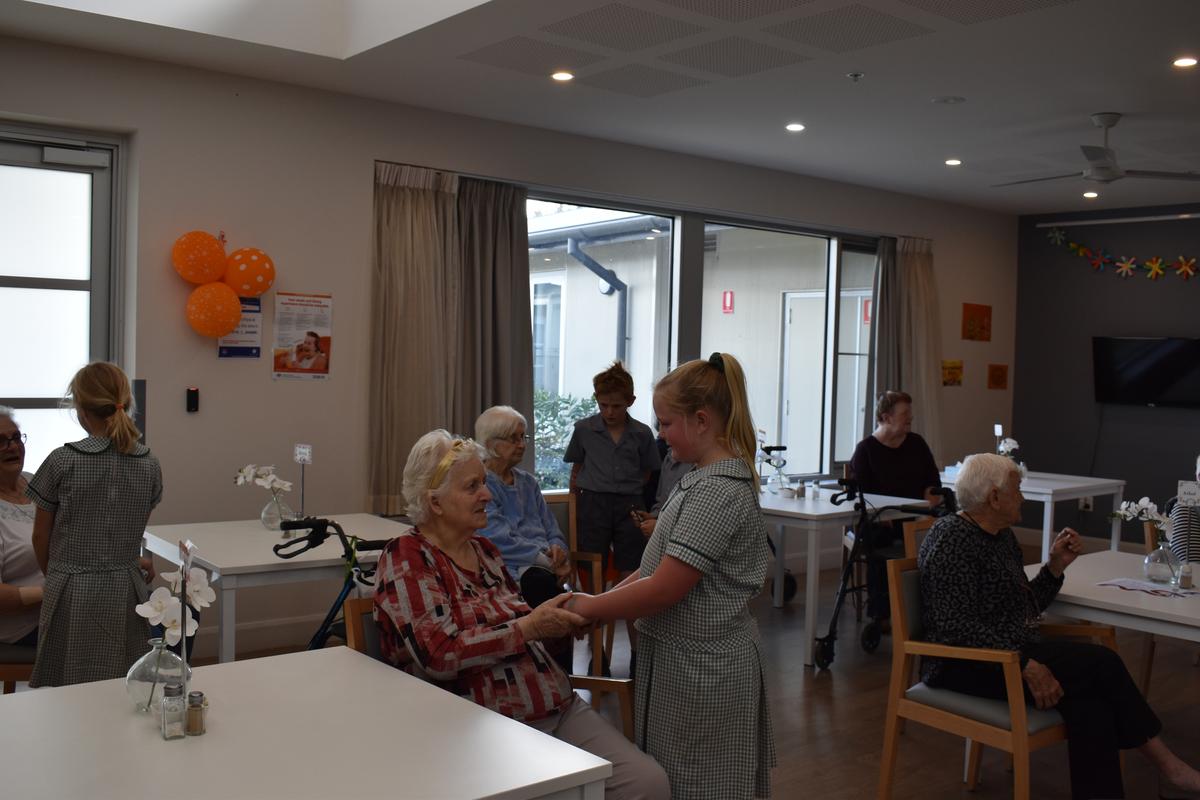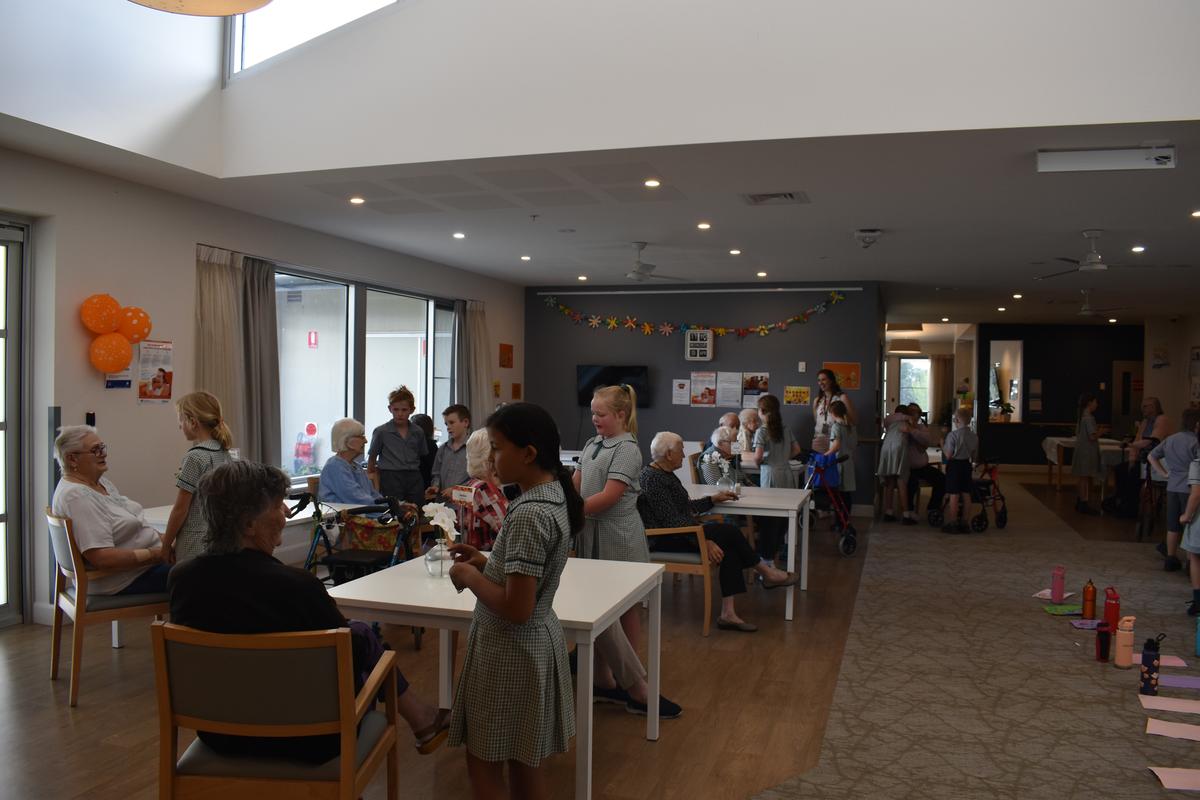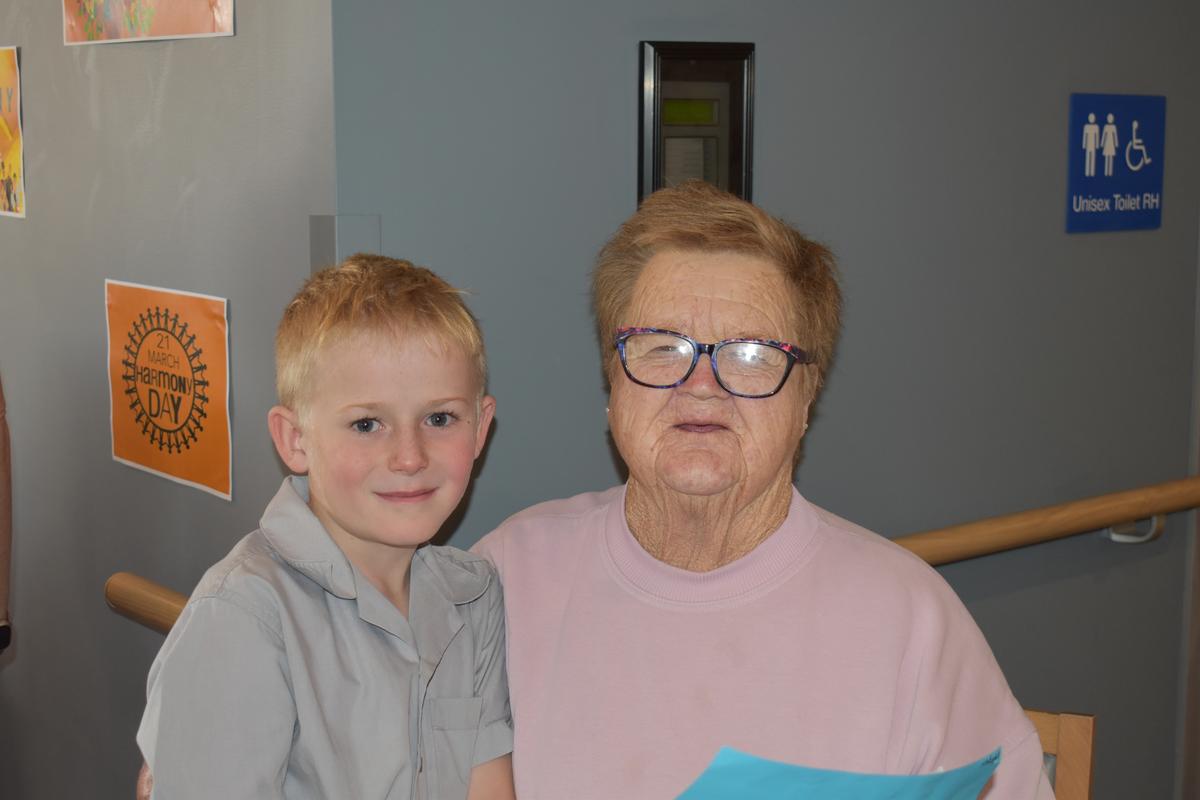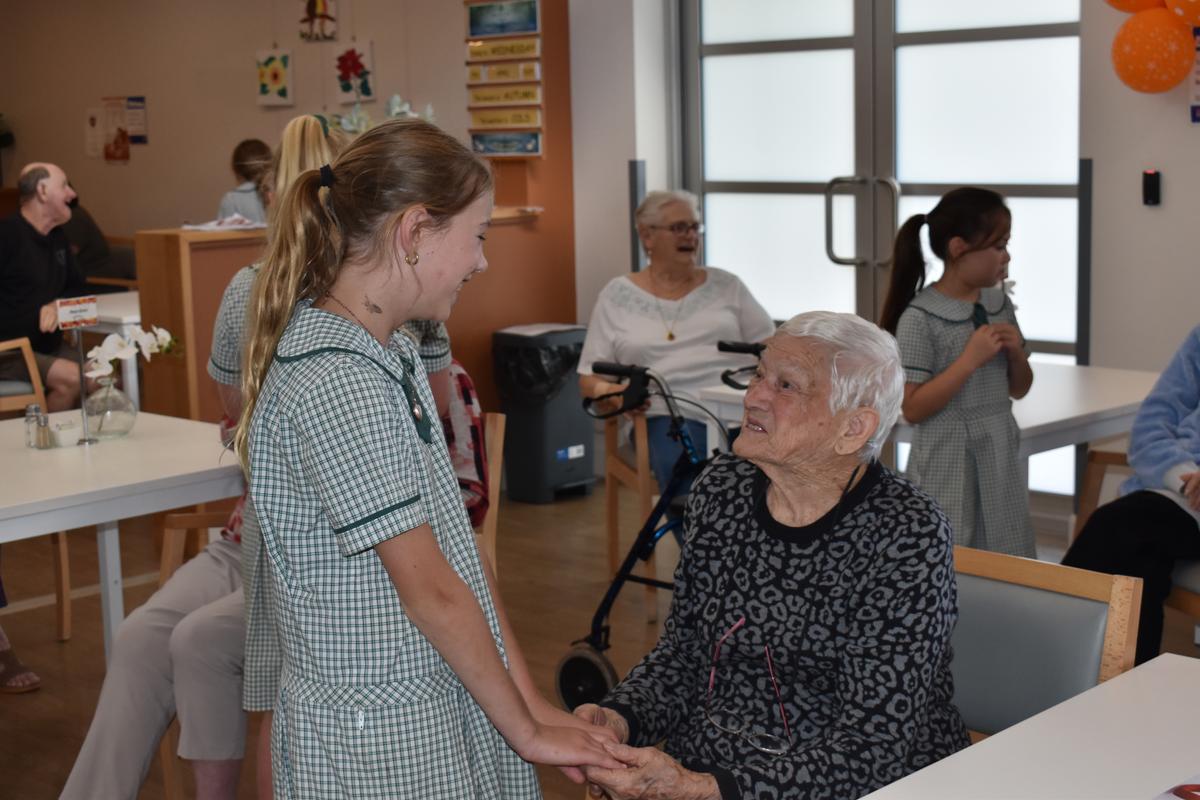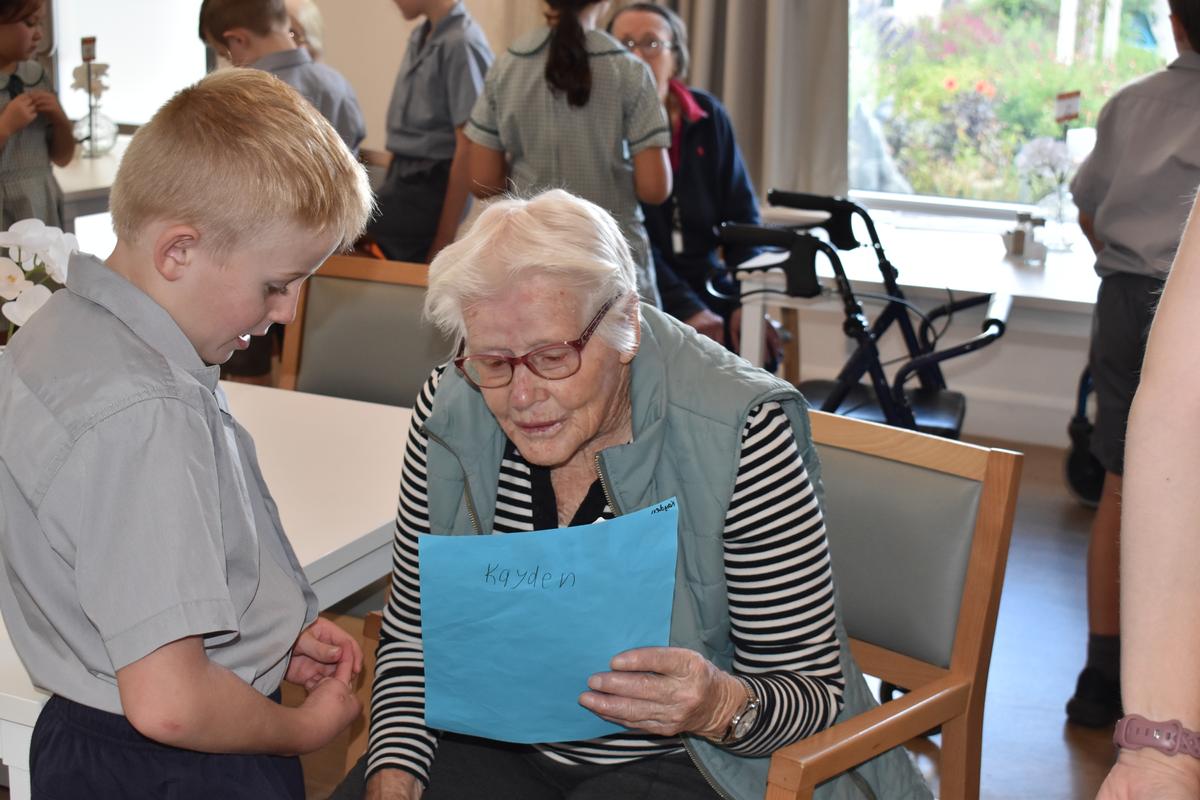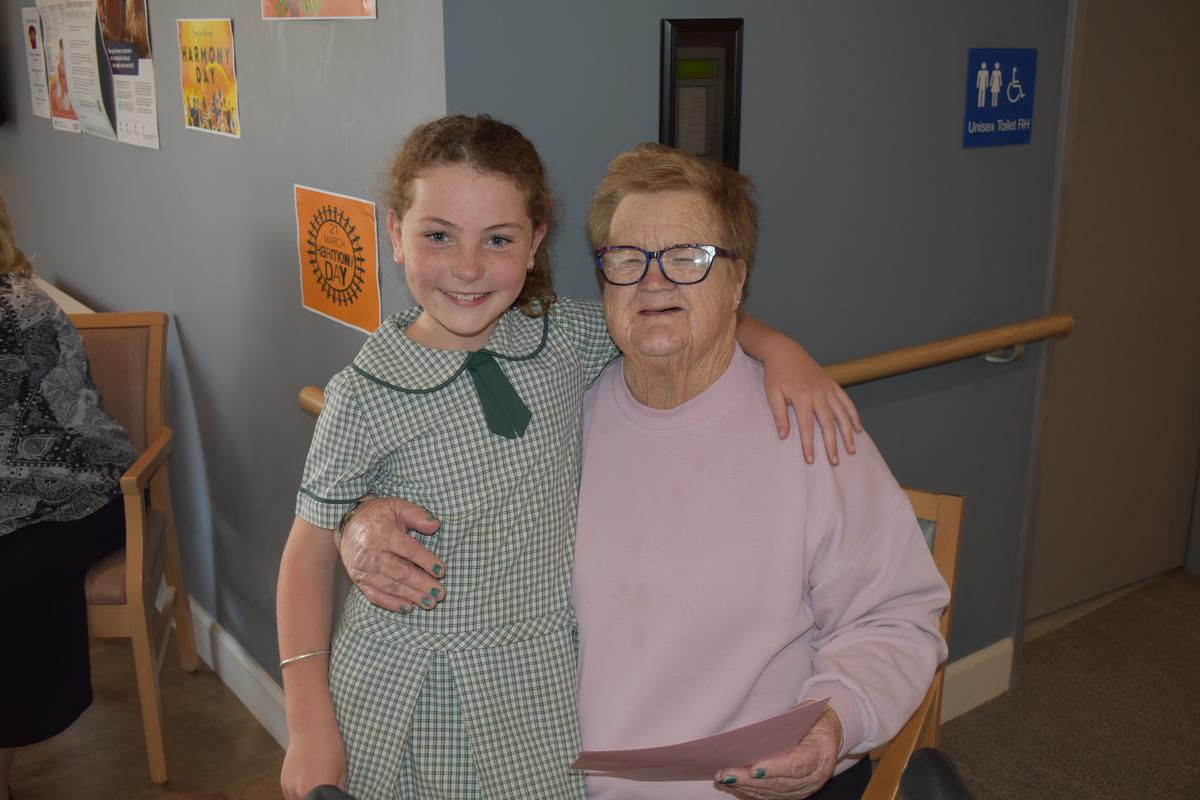The Learning Zone
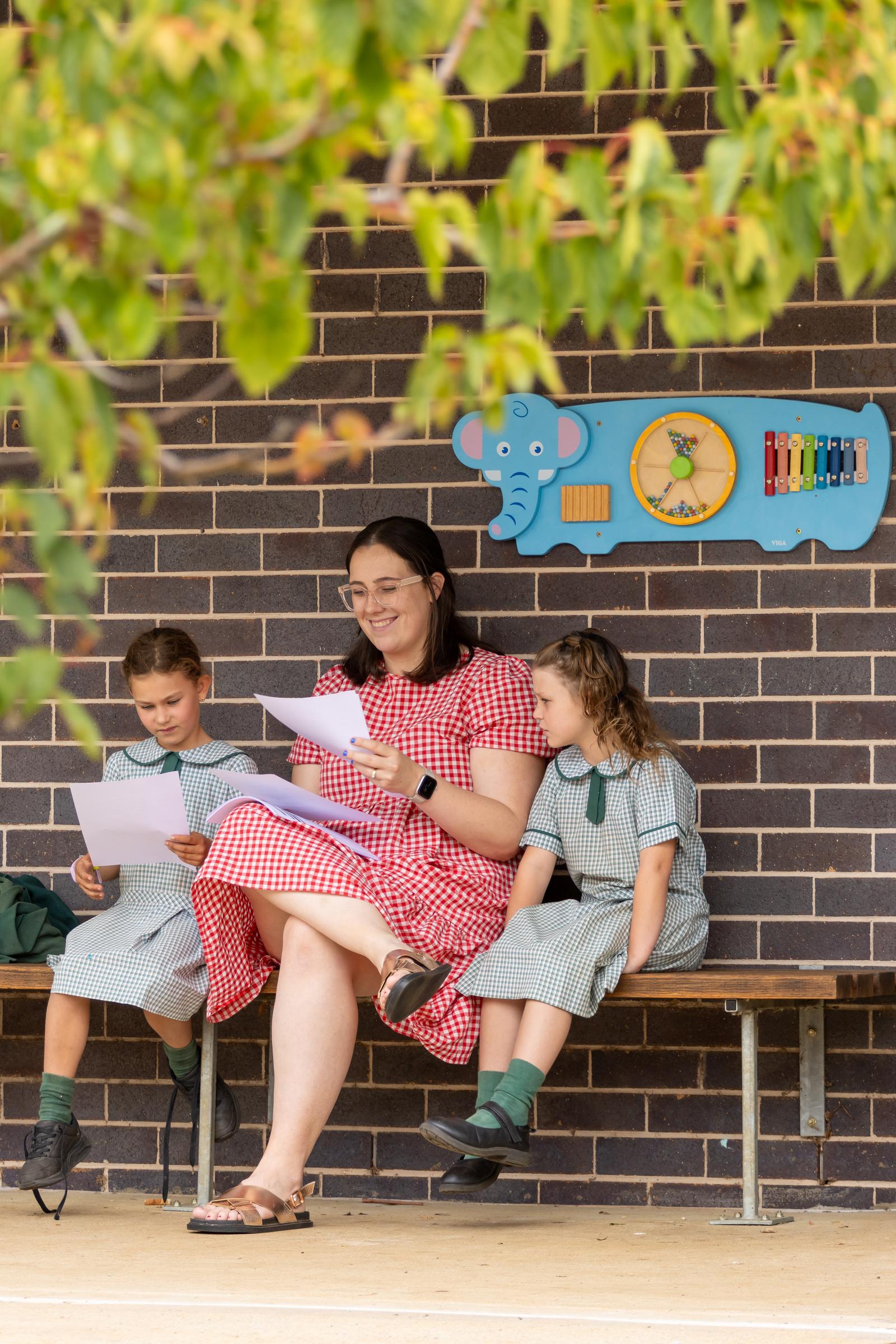
Semester 1 Reports
Semester 1 Reports for your child will be sent home in Week 8 of Term 2.
The language in the report is consistent with the new guidelines from NESA - Reporting and Using Grades including:
the full range of grades can be used at any point in time in relation to what has been taught
the grade reported should reflect student achievement in relation to the syllabus outcomes for the relevant stage of learning
students in the first year of a stage are not restricted to lower grades
students do not need to be working beyond the syllabus for their stage to receive a grade A or B.
NESA also advises - when reporting grades before the end of a stage, teachers consider what has been taught up to that point in time to determine the grade that best matches the standards demonstrated so far. For example, a student in Year 3 should not be limited to a C, D or E grade just because they are at the beginning of a stage. Similarly, students do not need to be working beyond the syllabus for their stage to receive a grade A or B.
Page 2 of the reports indicates changes to the 5 point scale to reflect A - E grades rather than language used prior to NESA’s guidelines.
In addition to these Semester Reports, we will be holding Learning Conferences (Parent/ Teacher) on Monday 23rd June, Tuesday 24th June and Wednesday 25th June from 3.15pm - 5.45pm to discuss the Semester Report. Bookings can be made via Compass or by contacting the front office.
Please ensure an appointment time has been made and that you arrive in a timely manner.
Parent Learning Walk & Talks
Week 8 - Term 2
Week 2, Term 2
This week, Stage 1 students completed the Year 1 Number Check—a quick and simple assessment tool that helps teachers understand how well our Stage 1 students are developing important number skills. This assessment has been created as part of the MaST Project to allow teachers to monitor progress and identify any students who may need extra support early on. A strong understanding of numbers and counting is crucial for building overall maths ability and confidence. These skills are introduced in Early Stage 1 and continue to grow throughout the school years, forming the foundation for success in mathematics.
Building Strong Number Sense: Additive Relations in Stage 1 and 2
Students in Stage 1 and Stage 2 are developing a deep understanding of additive relations—how numbers can be combined and separated through addition and subtraction. In Stage 1, students explore simple strategies such as counting on and using number facts to solve basic problems. As they progress into Stage 2, they begin to use more efficient mental strategies, including breaking numbers apart (partitioning), using doubles, and bridging to ten. These skills are essential for building flexible thinking in mathematics and preparing students for more complex problem-solving in later years. Through hands-on activities, games, and real-world examples, students are learning to see patterns in numbers and make meaningful connections in their maths learning.
How You Can Support Thinking at Home
Parents and carers play a valuable role in reinforcing maths learning outside the classroom. Here are a few simple ways you can help your child develop their additive thinking skills at home:
- Play with Numbers: Use everyday opportunities—like counting items while shopping, adding up scores in a game, or working out how many more minutes until bedtime—to practise addition and subtraction in real-life contexts.
- Use Objects: Grab everyday items like buttons, coins or blocks to model simple number problems. For example, “You have 5 blocks, if I give you 3 more, how many do you have now?”
- Talk About Strategies: Ask your child how they solved a problem and encourage them to explain their thinking. This builds confidence and helps develop flexible strategies.
- Play Board Games: Games like Snakes and Ladders, Uno, or dice games are a great way to practise counting on and recognising number patterns.
These everyday activities help strengthen your child’s number sense and build a strong foundation for future maths learning.
2025 NSW Premiers Reading Challenge
2025 Challenge dates
Challenge opens: Monday 24 February 2025
Challenge closes to students: Friday 22 August 2025
The Premiers Reading Challenge begins on the 24th of February and runs through to the 22nd of August 2025.
This voluntary challenge involves the children reading a specified number of books from a particular list and keeping a log of the books read. The challenge aims to encourage a love of reading for pleasure in students and to enable them to experience quality literature. It is not a competition but a challenge for children to read, to read more, and to read more widely.
It is also expected that parents and students will be responsible for keeping track of books read. This can be easily done by logging on to the PRC site and adding them to their child's reading record. This also avoids the list getting lost. Don't forget that any books that you are currently reading or that you have read since the completion of last year's challenge may be included in this year's list.
Participants will be provided with their own personal PRC login and password - Please contact the office if you need your login details or password. |
2025 Students as Authors Writing Competition
The 2025 writing competition is now open for all students in the Diocese of Armidale Catholic Schools. The competition celebrates students and their creative writing talents across four age based categories.
Winning entrants will have the opportunity to work with illustrator, Trish Donald, to develop their story into an ebook published for an audience of 250,000 Catholic education students across 15 Diocese. Please promote the competition with your school community and support students to enter. Entries close Friday 30th May.
Stage 2 Visit to Kolora
On Wednesday the 9th of April, during the last week of Term 1, Stage 2 students visited the lovely residents of Kolora in Guyra. This visit was part of our schools focus on partnerships within the Guyra community.
